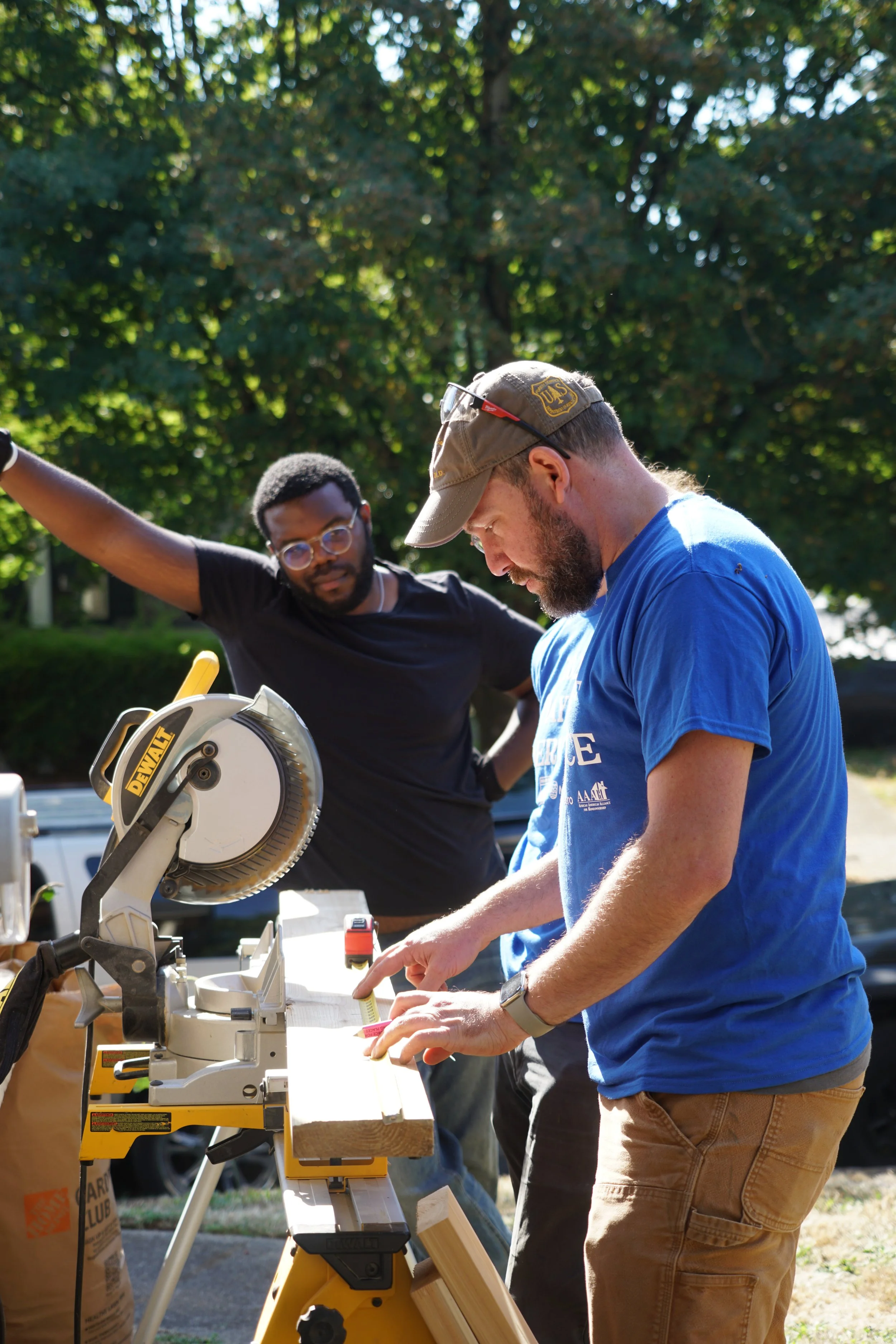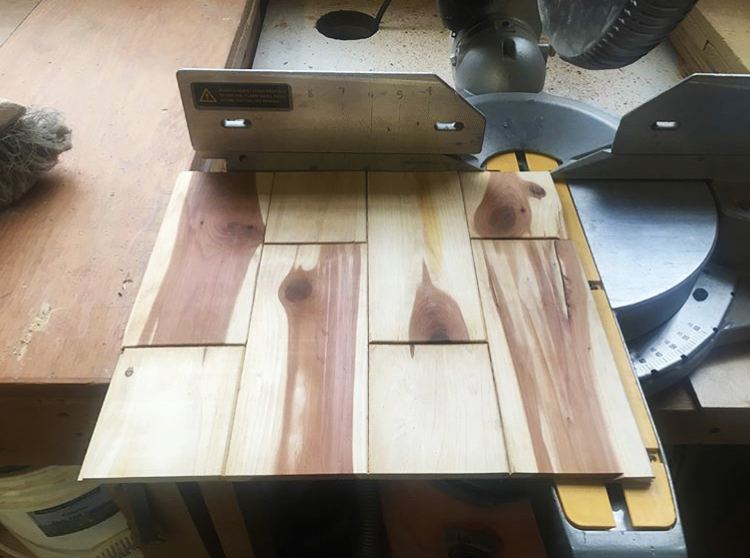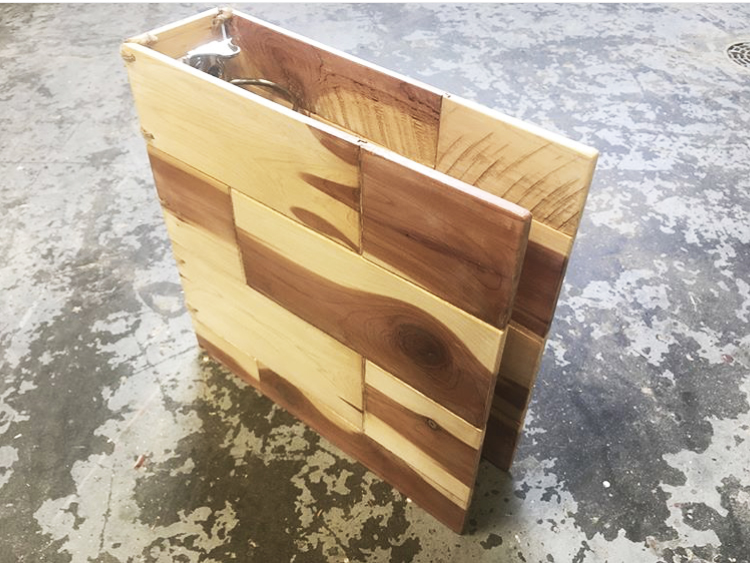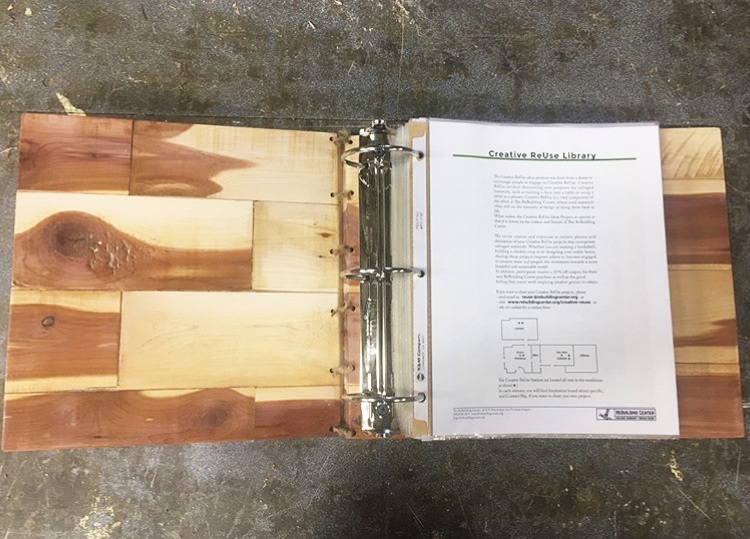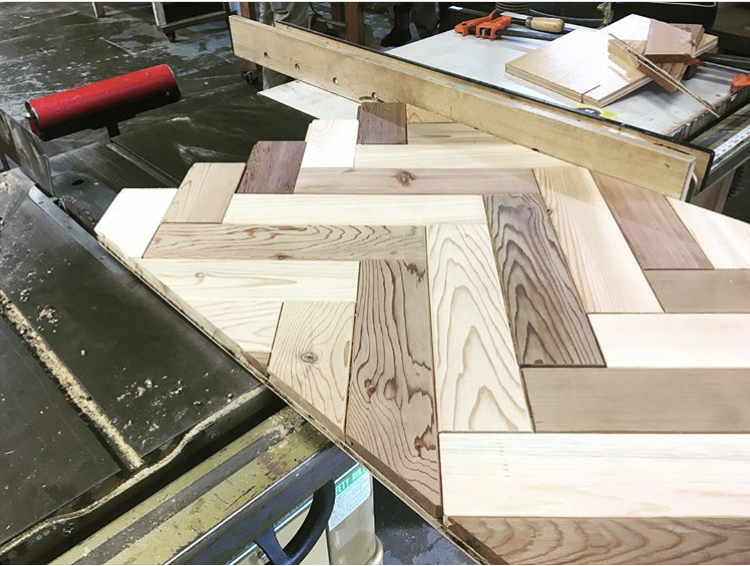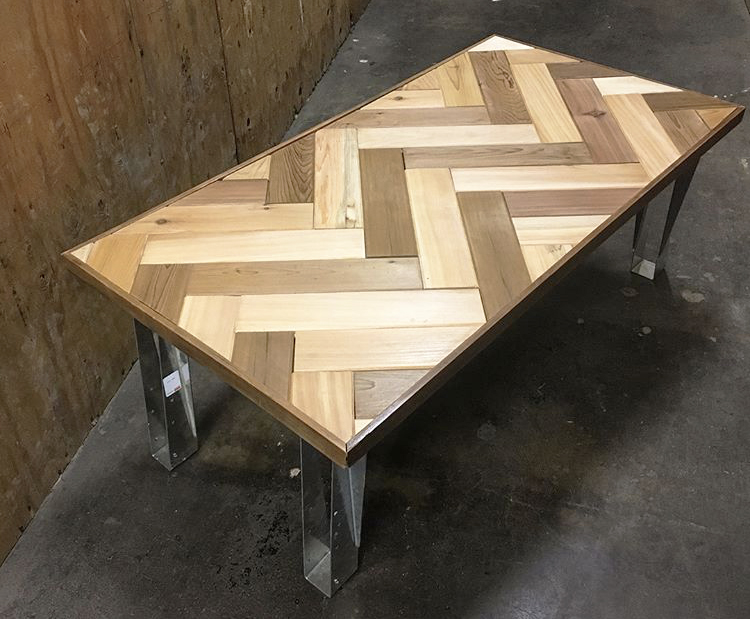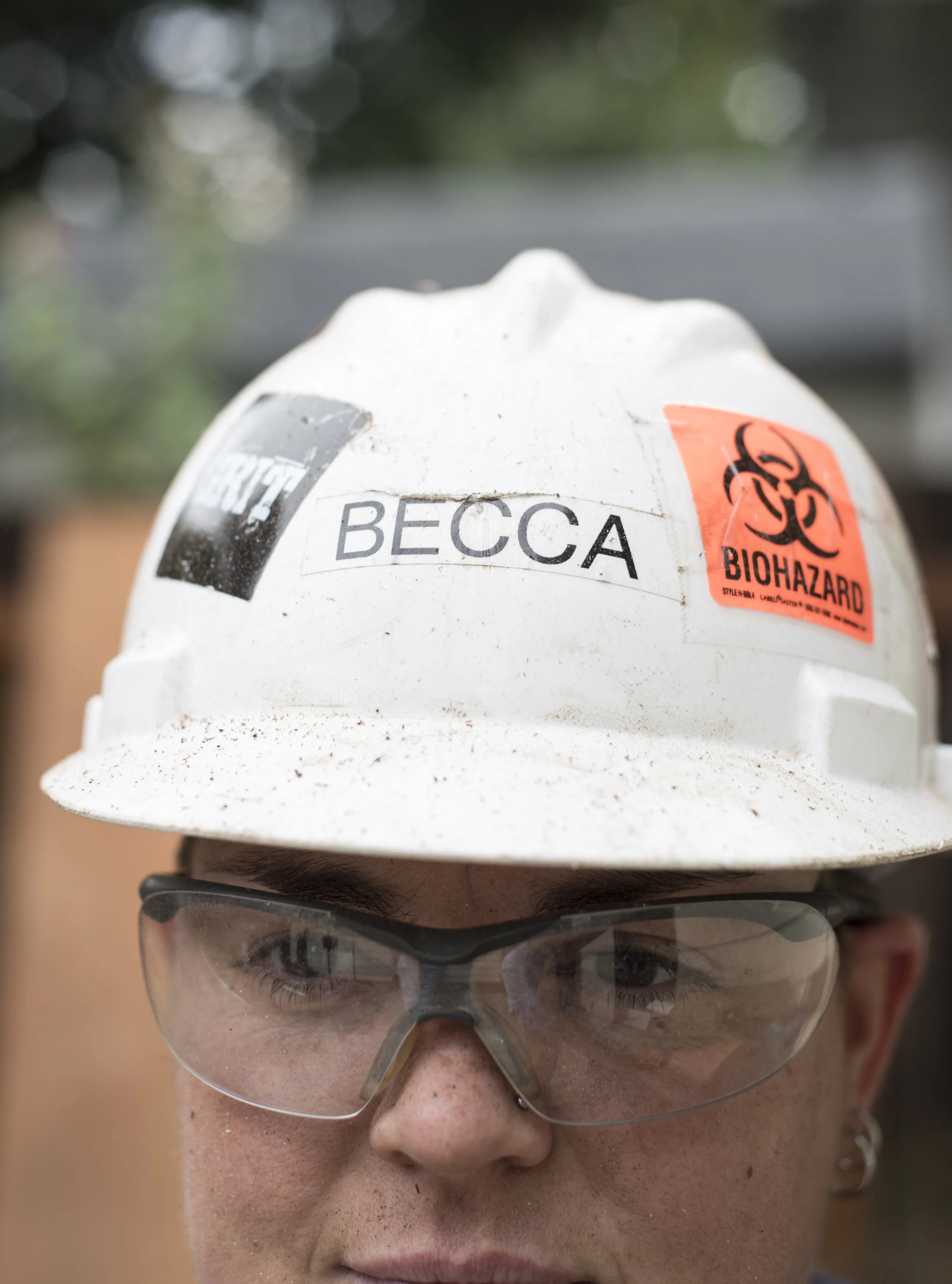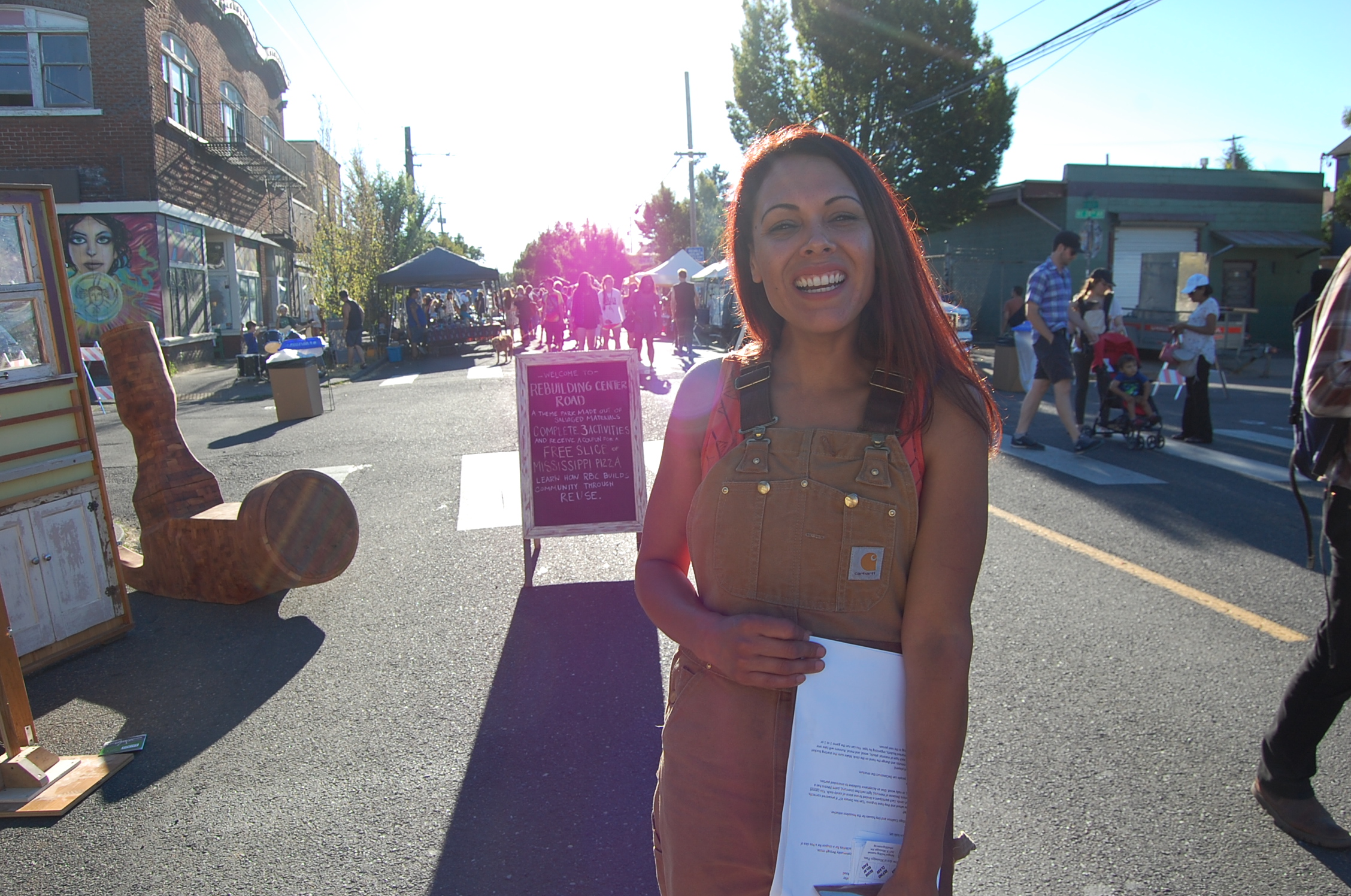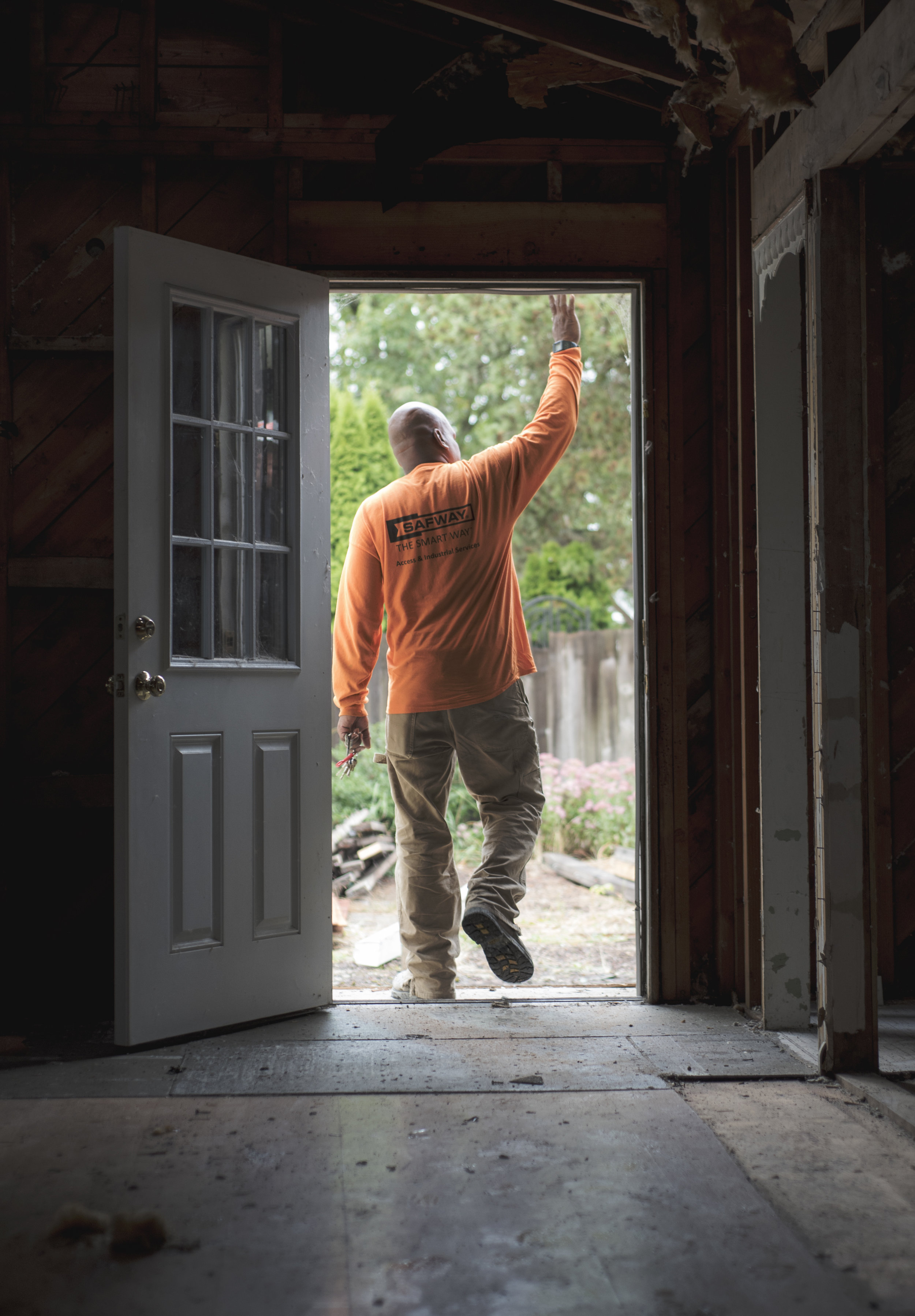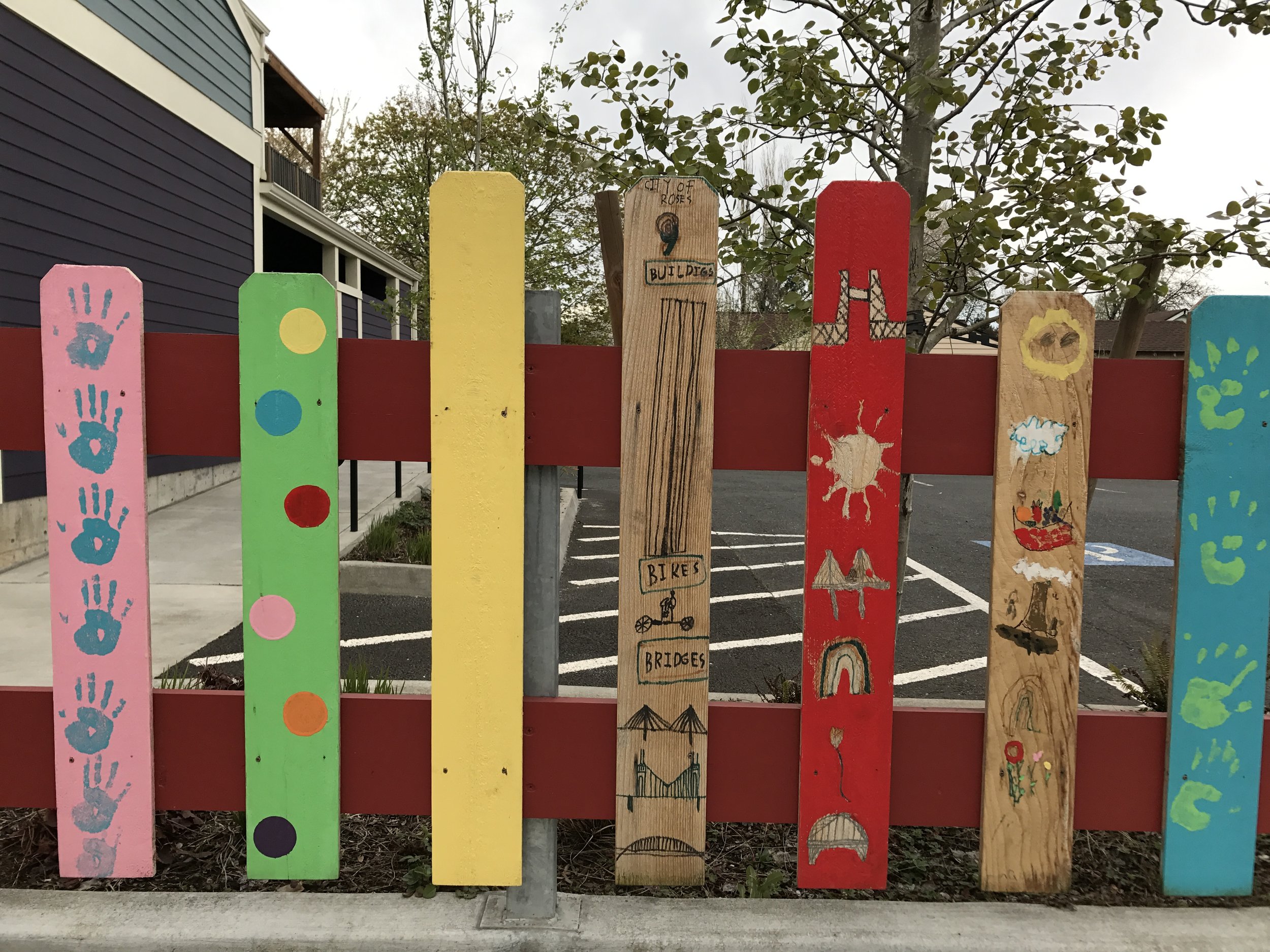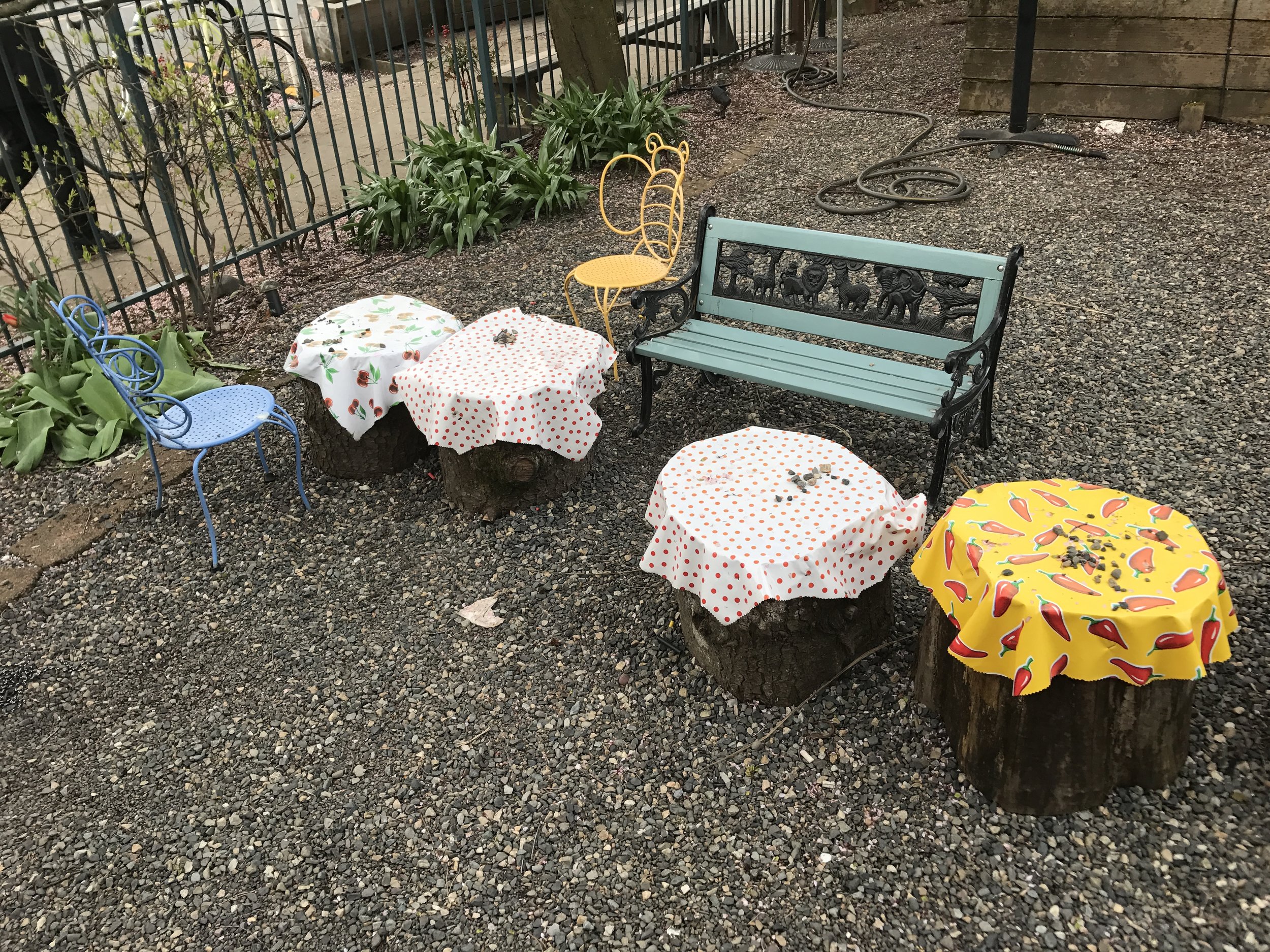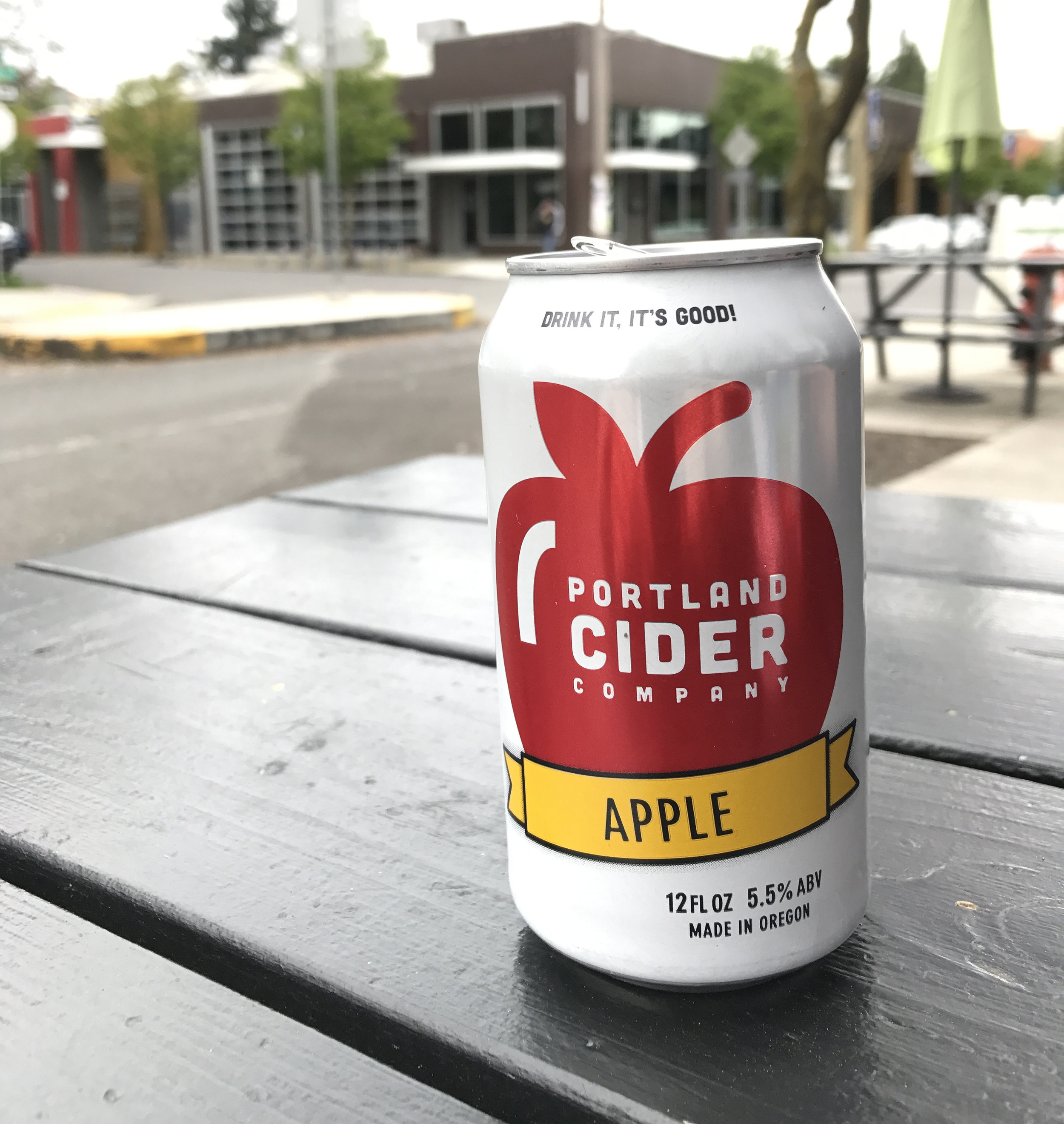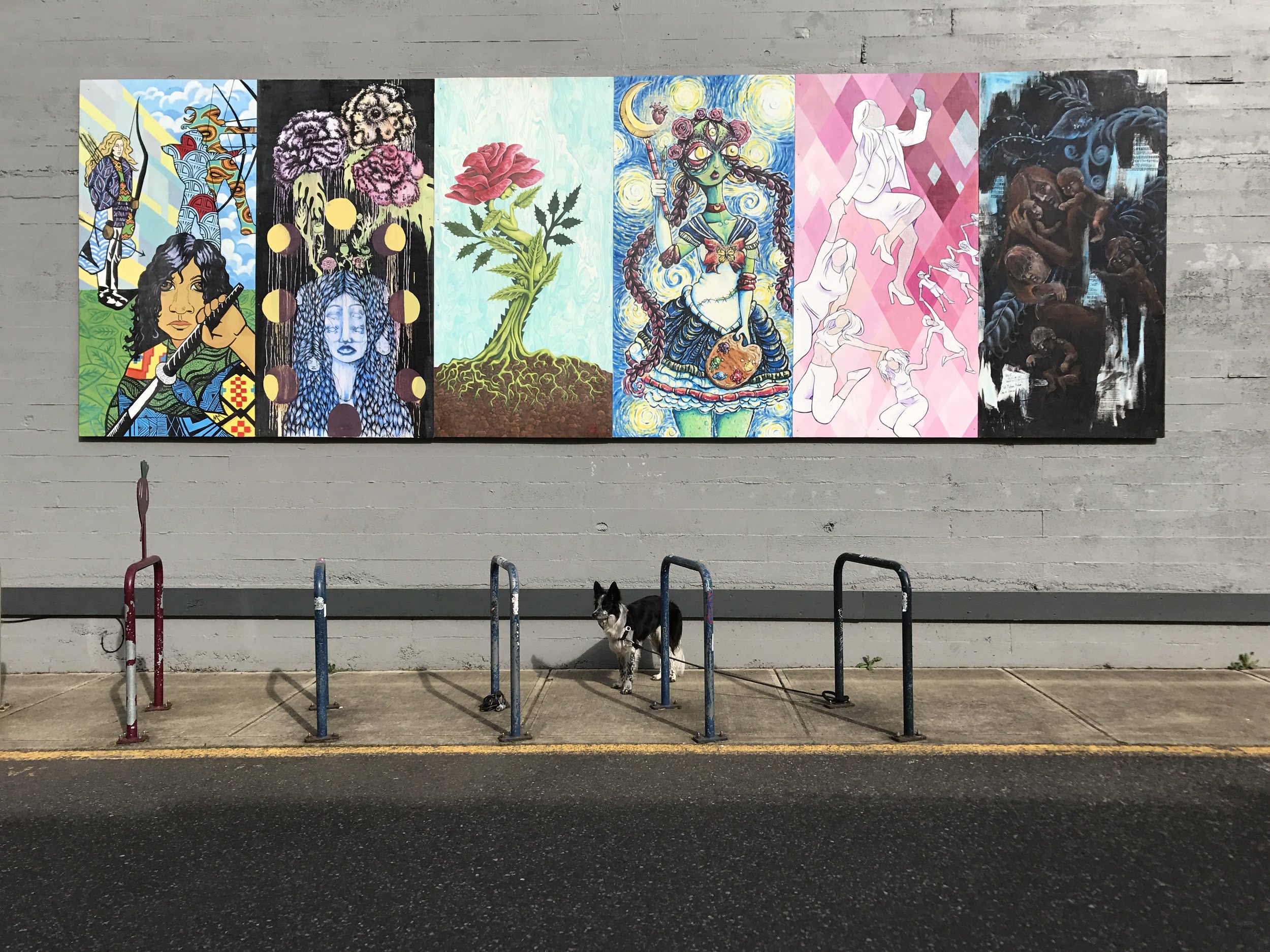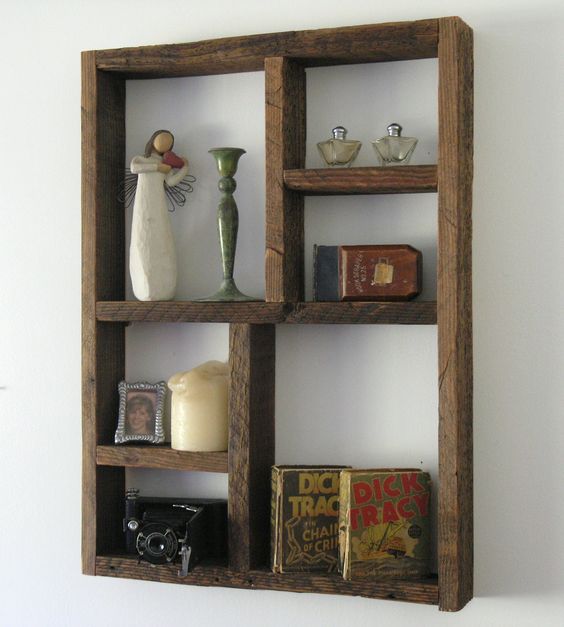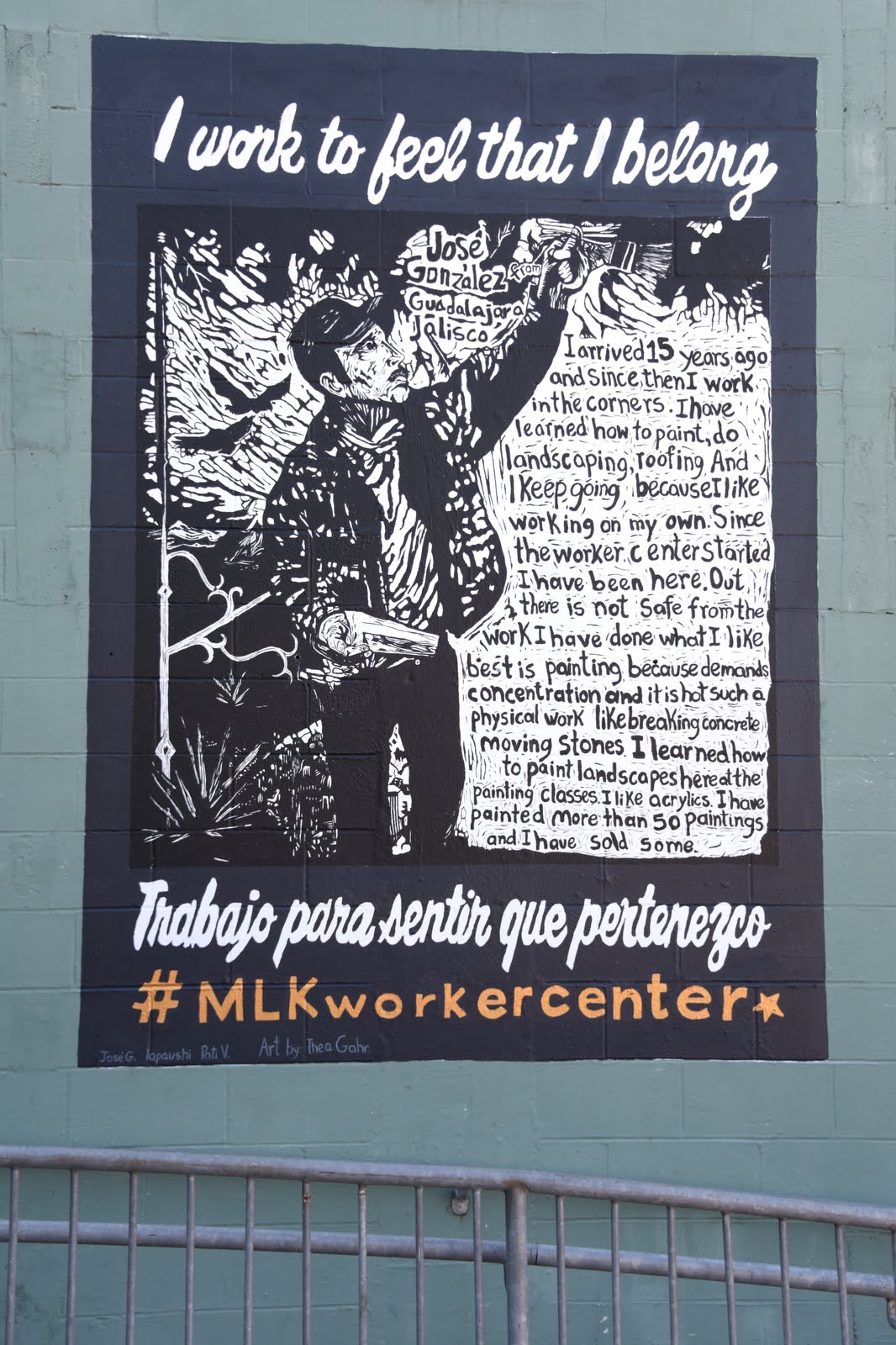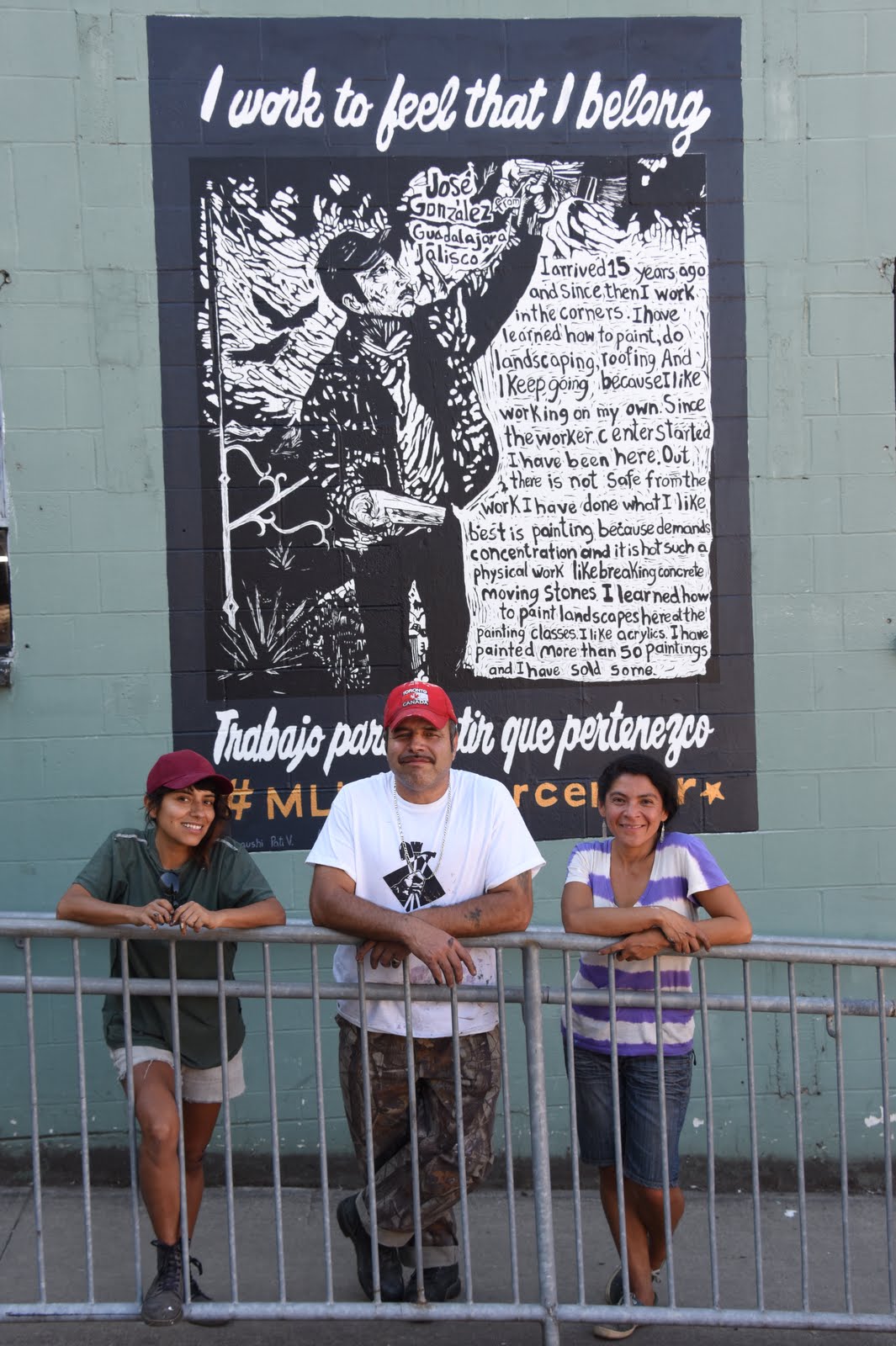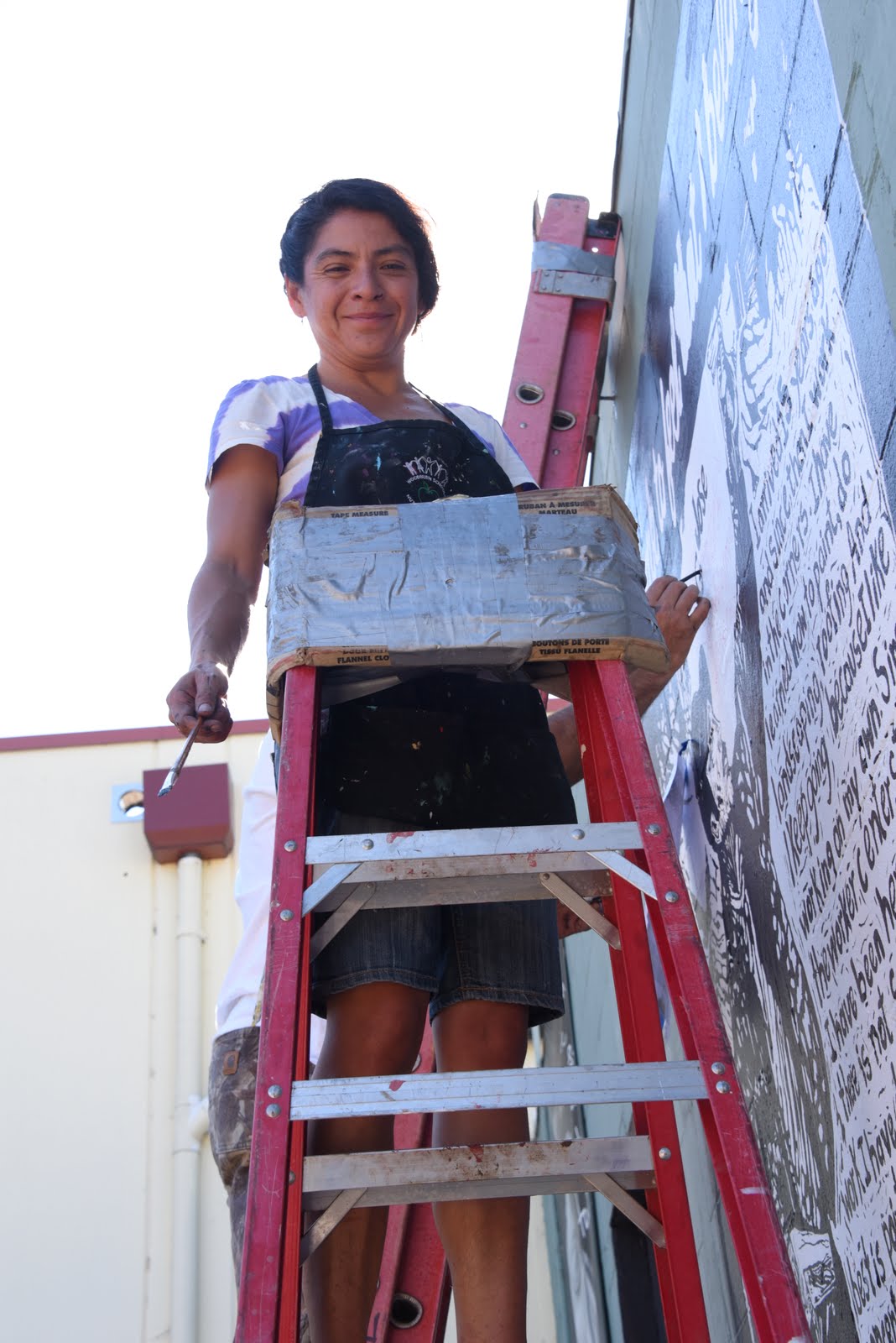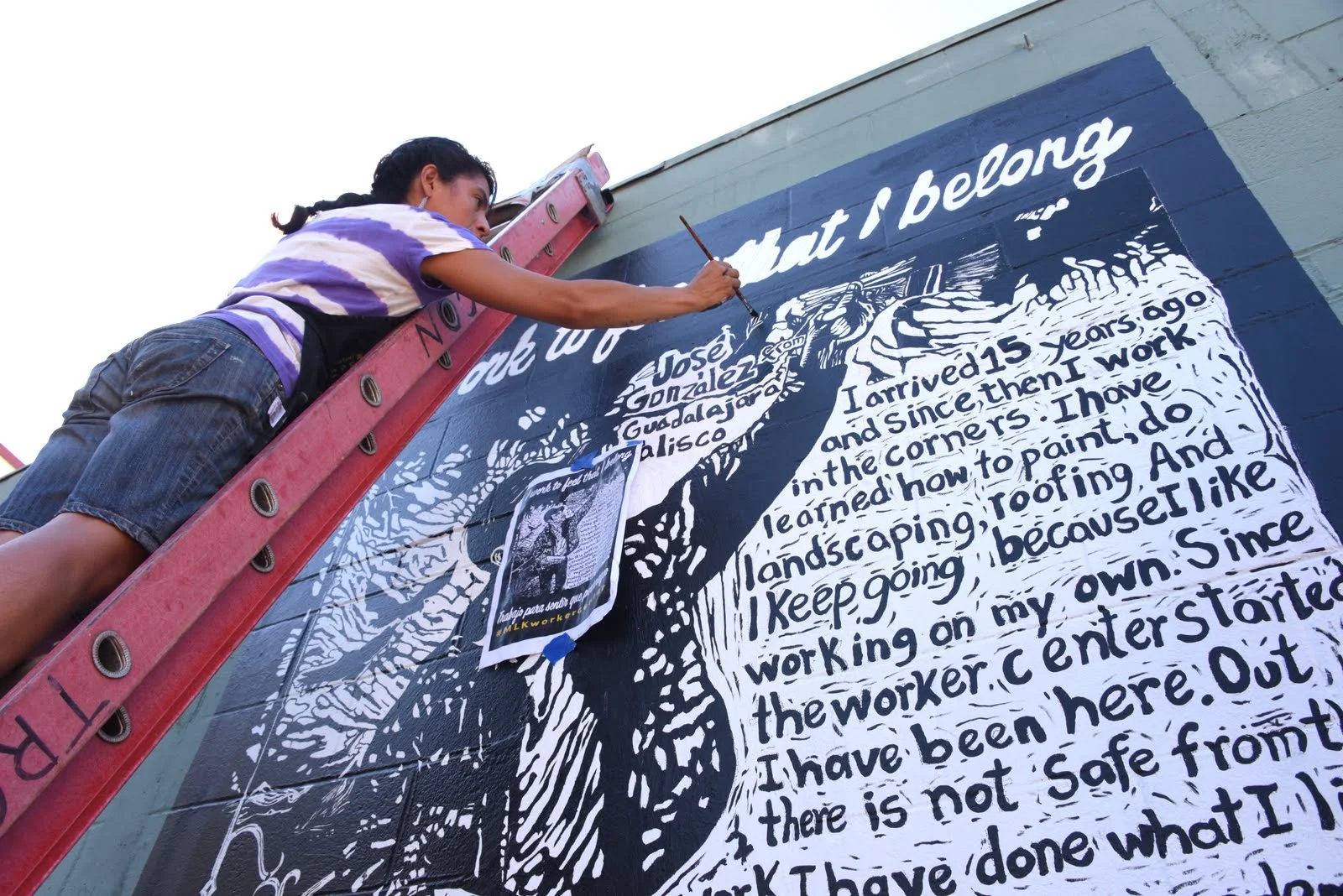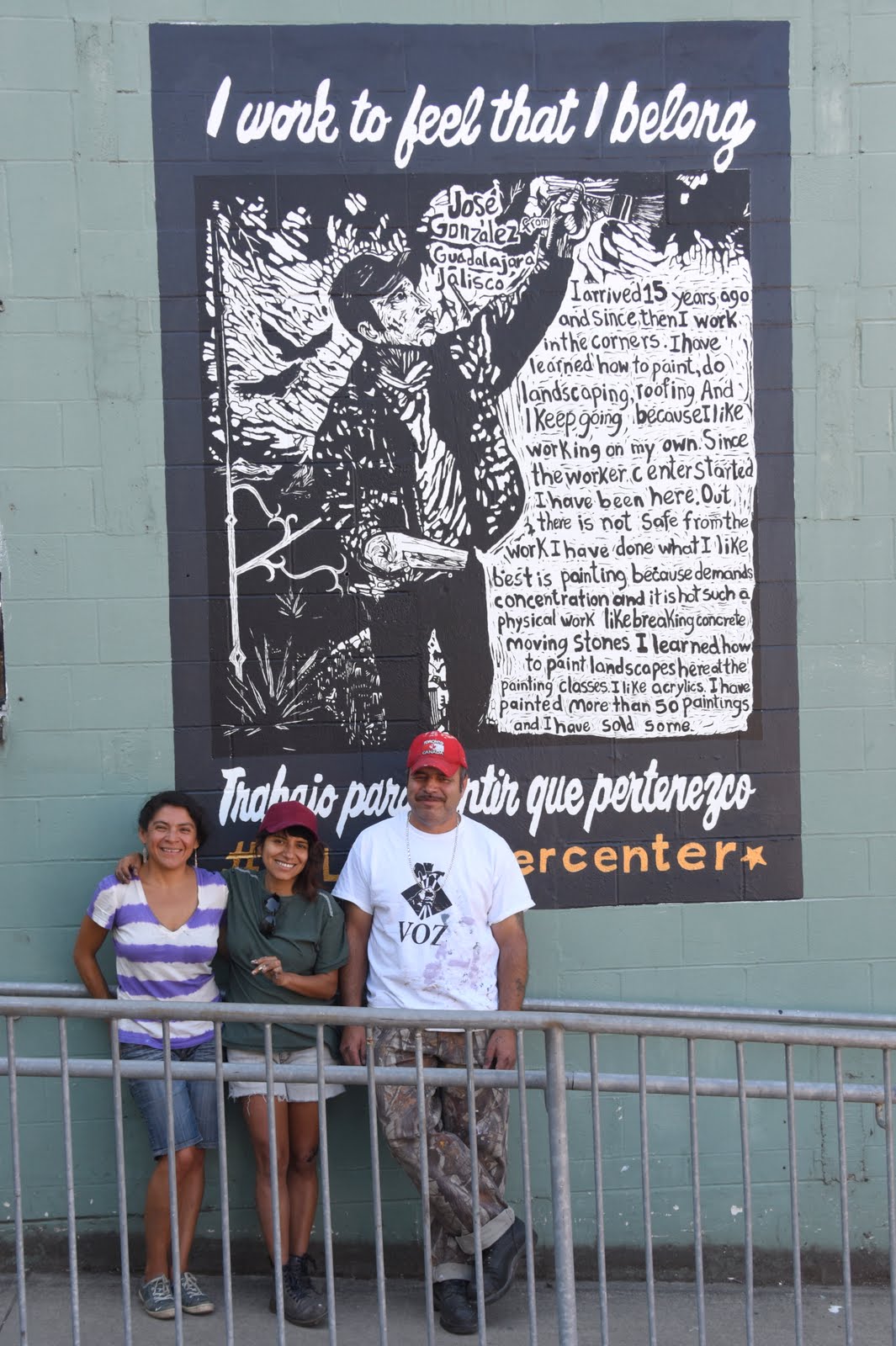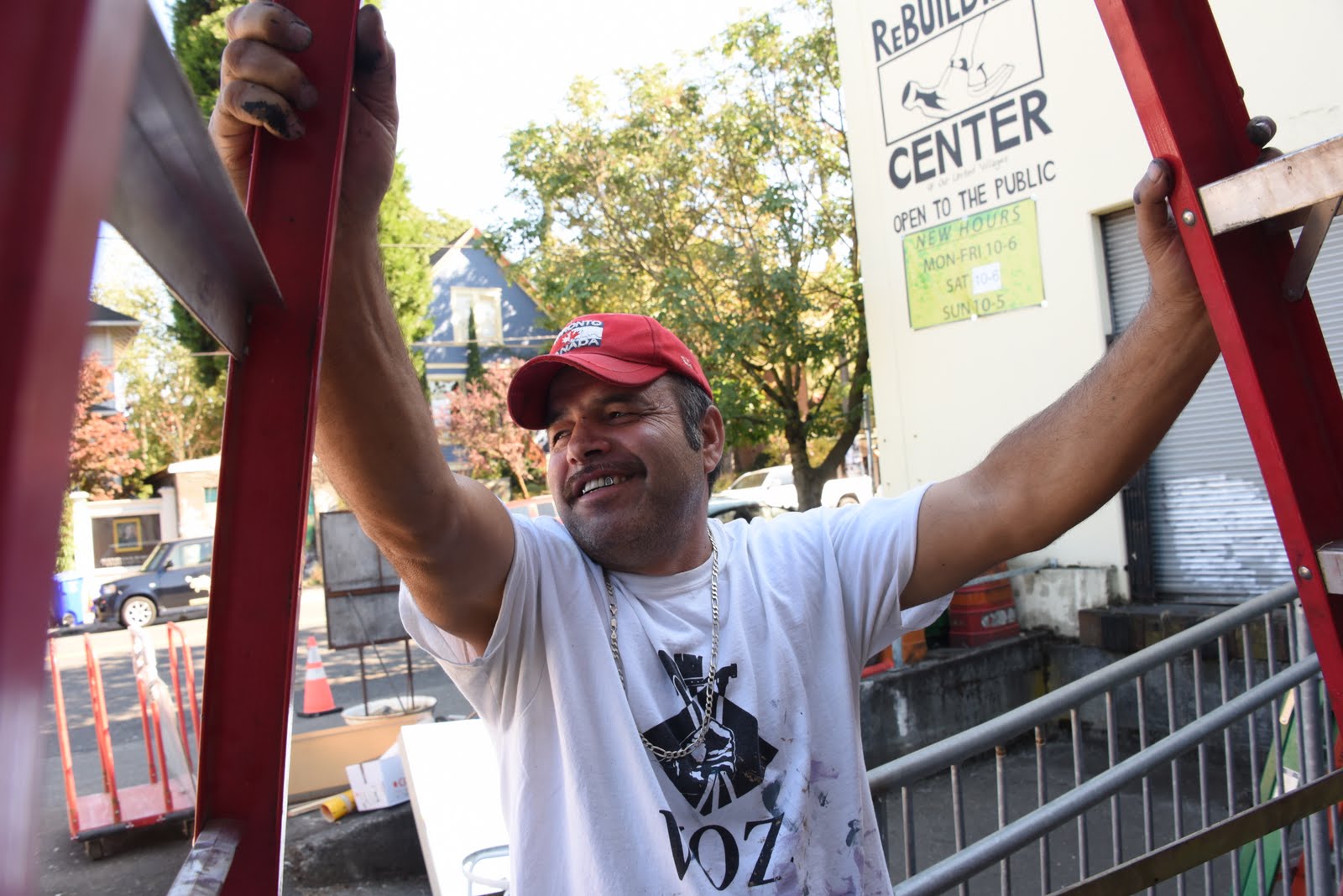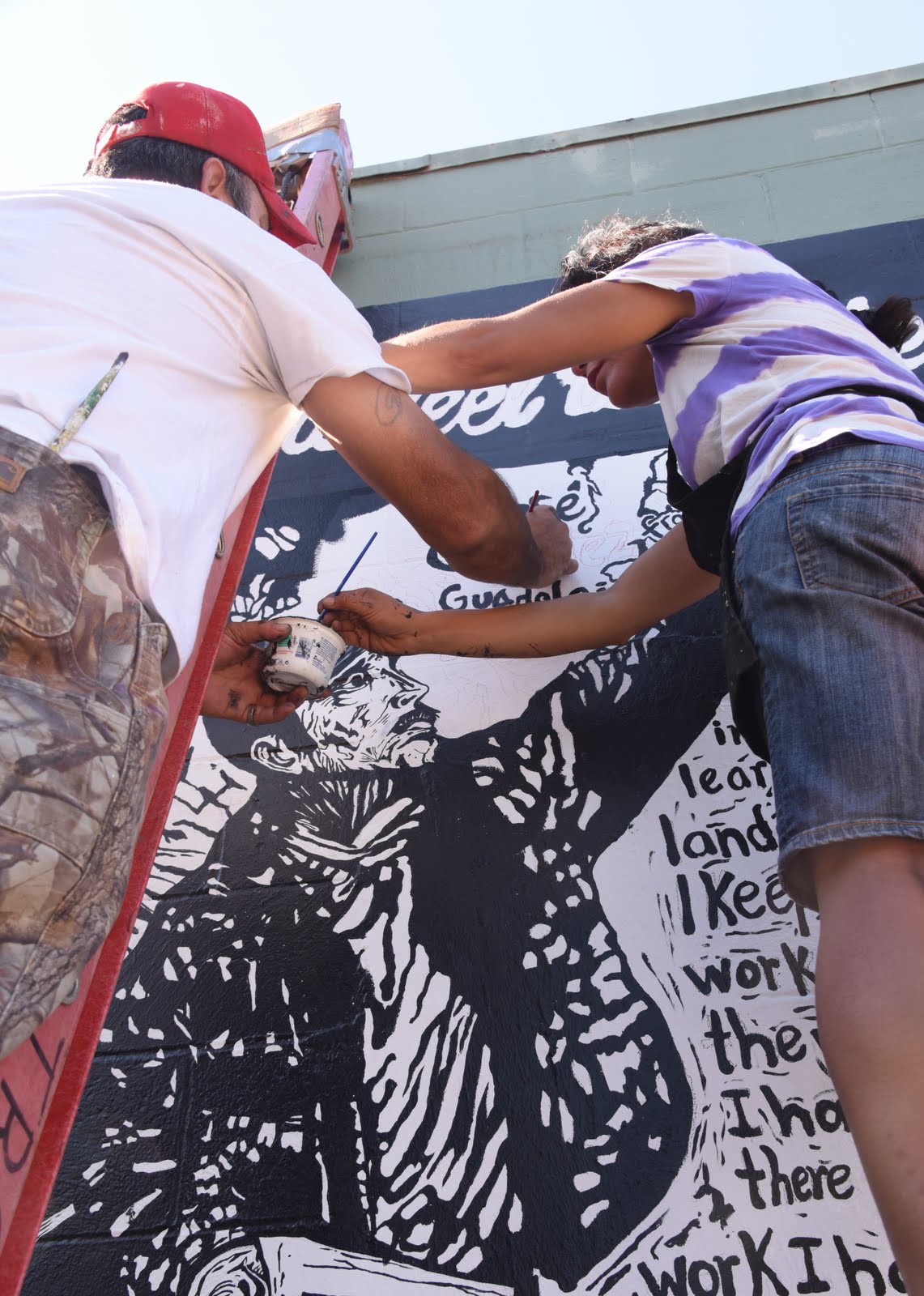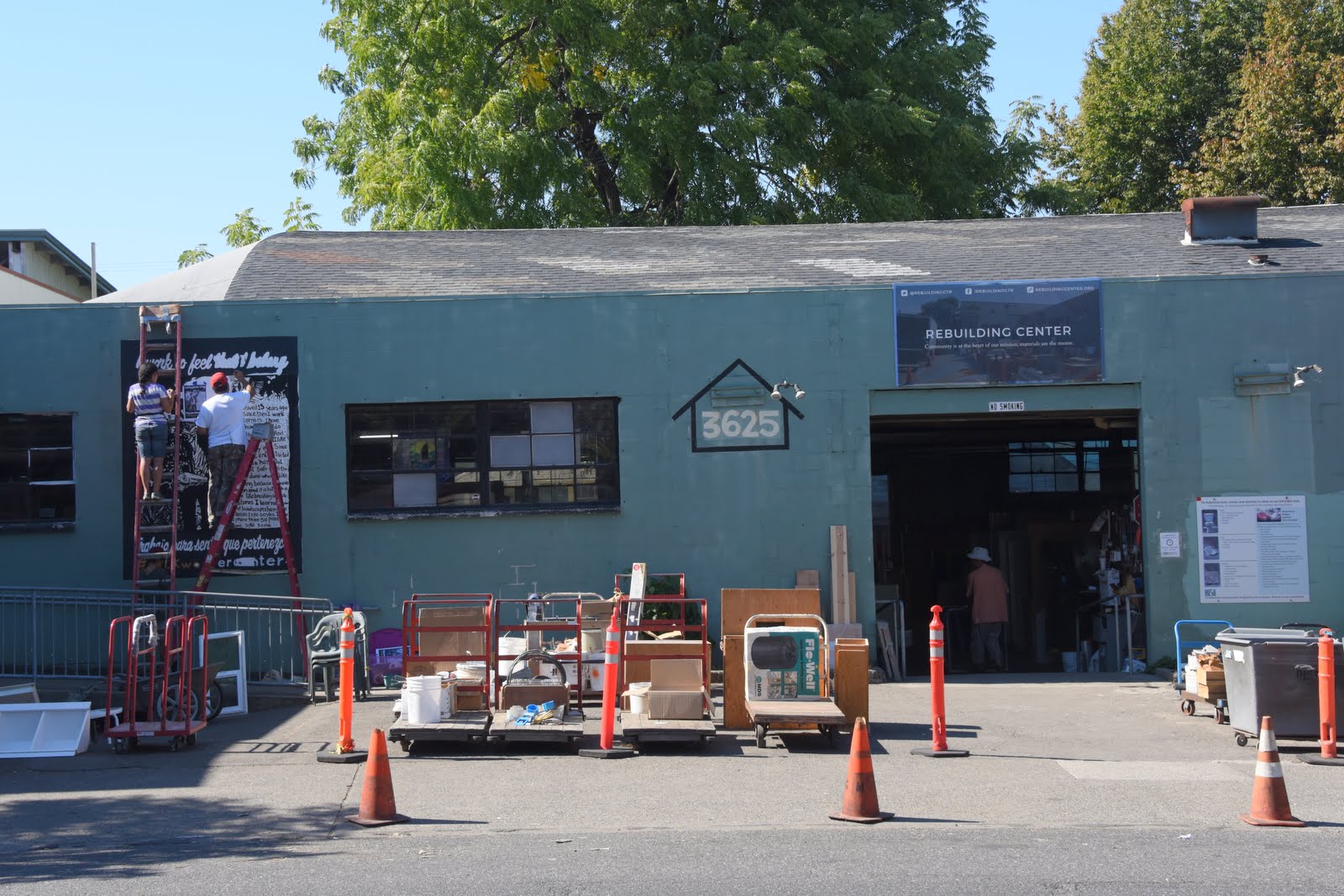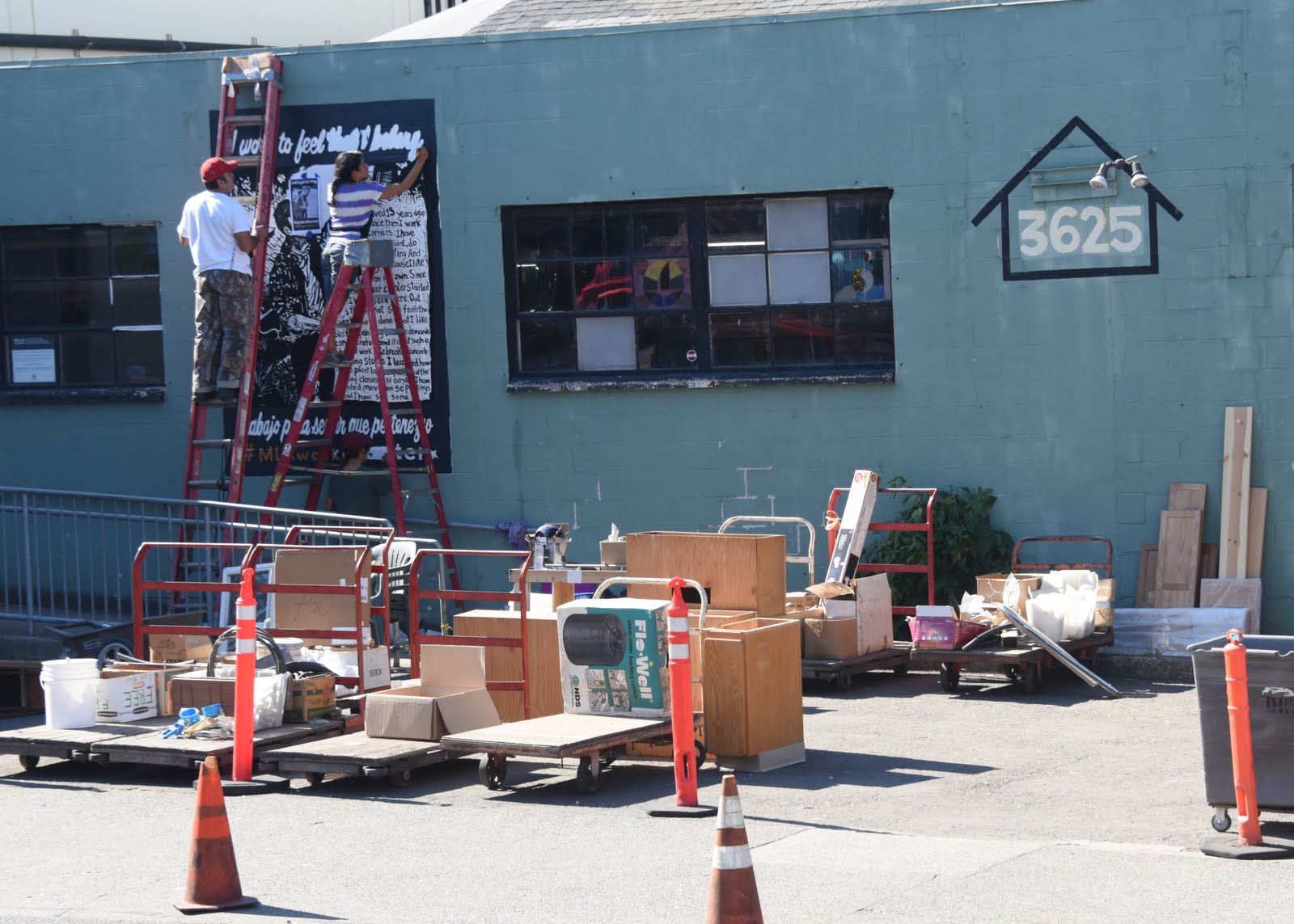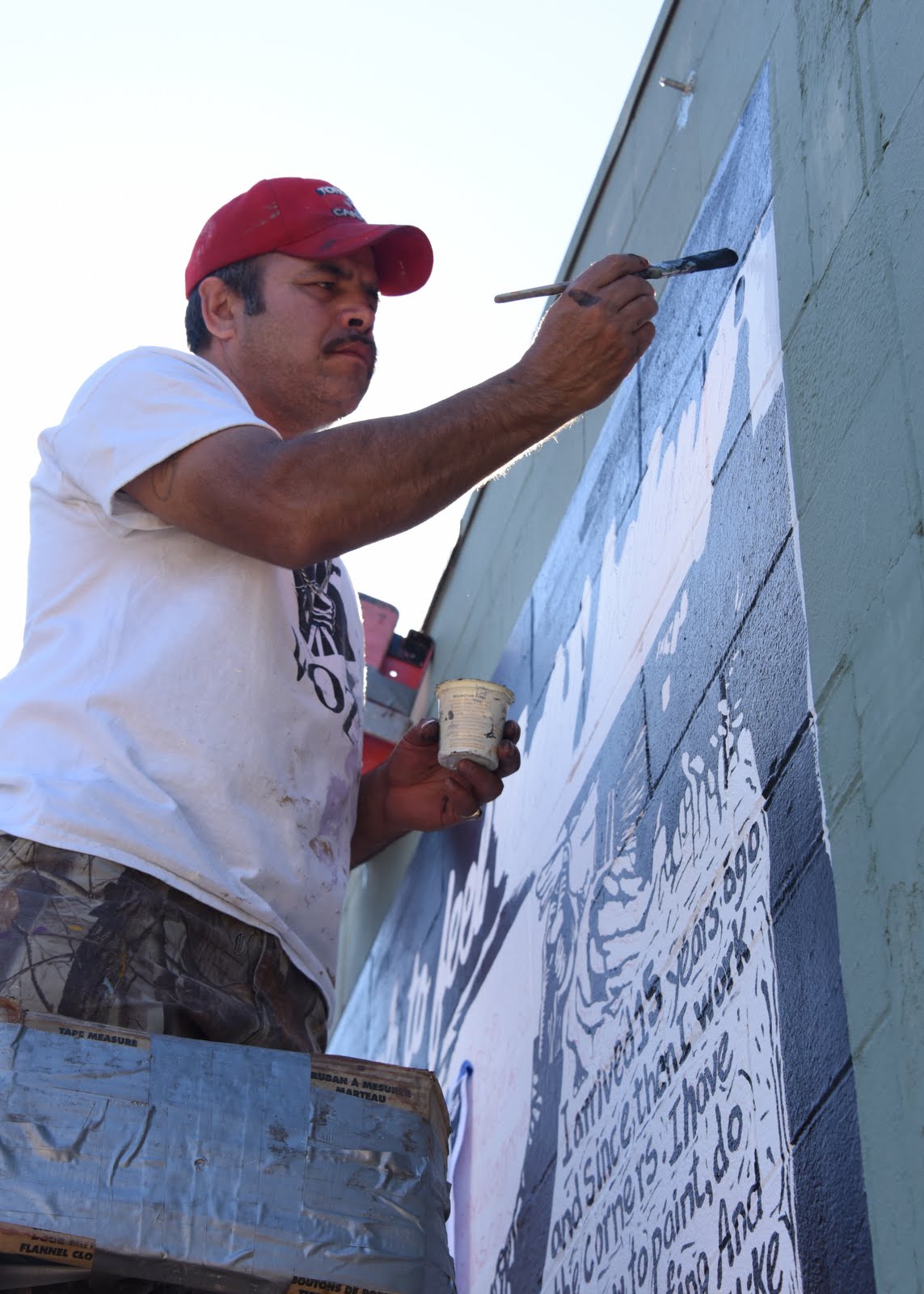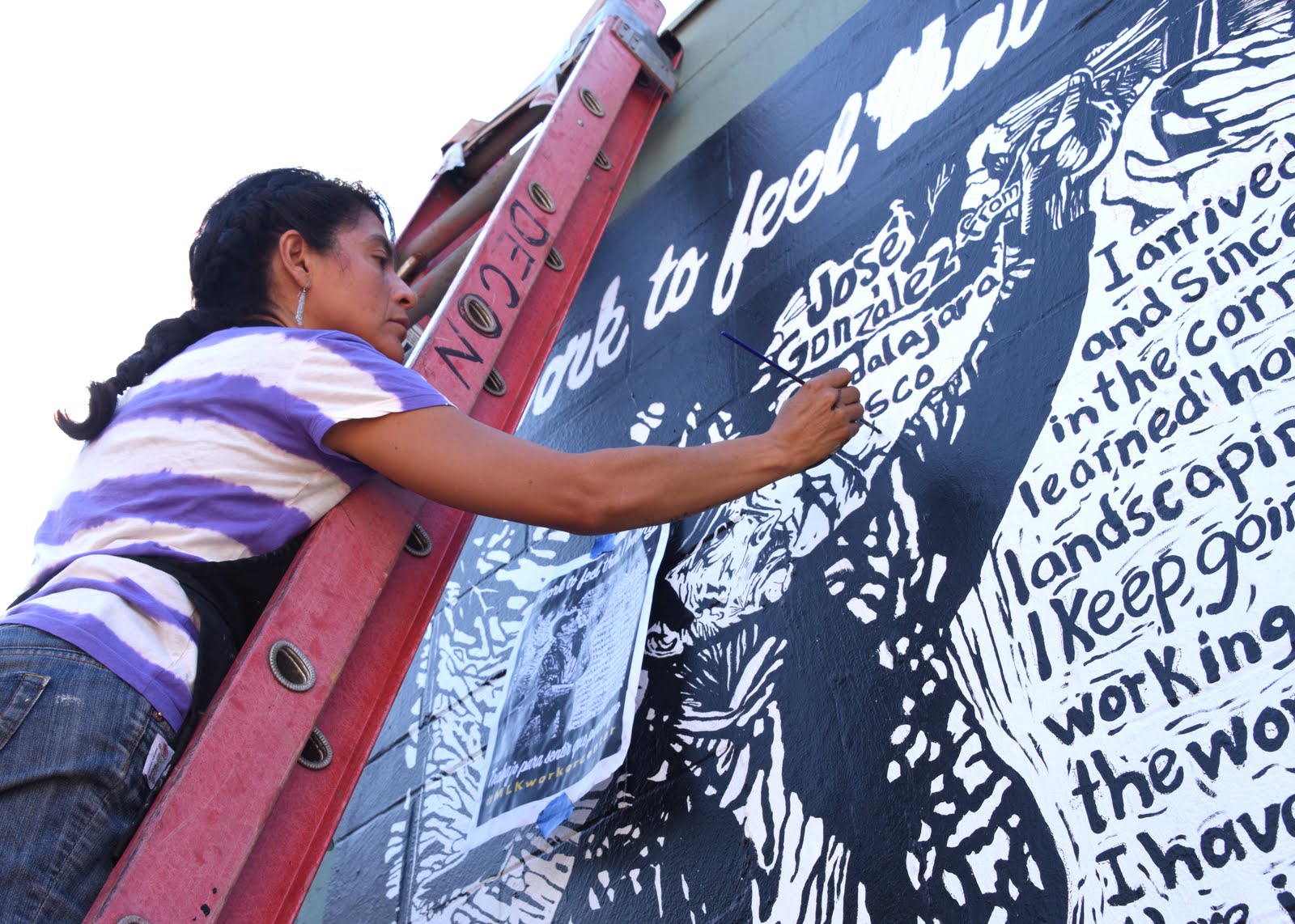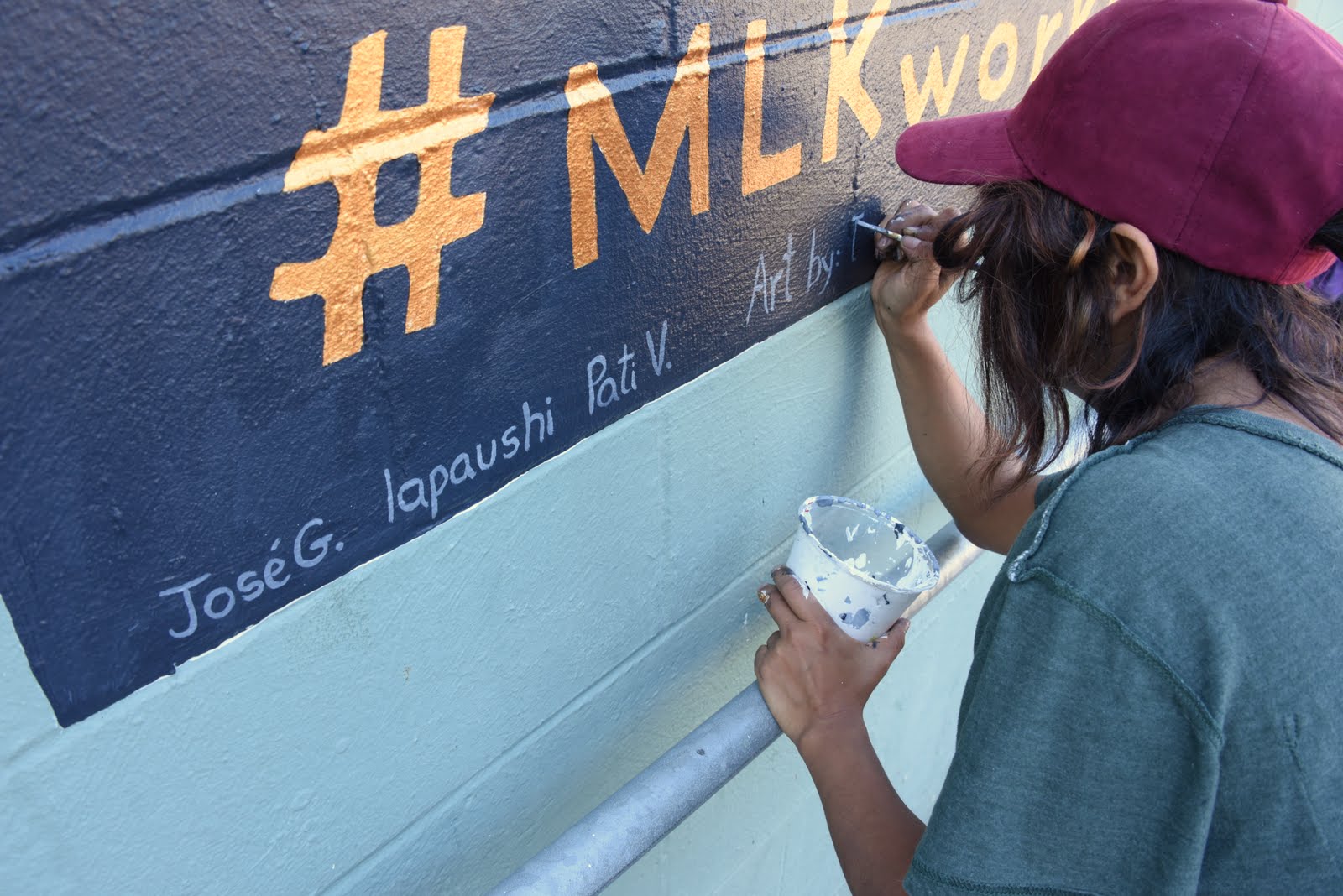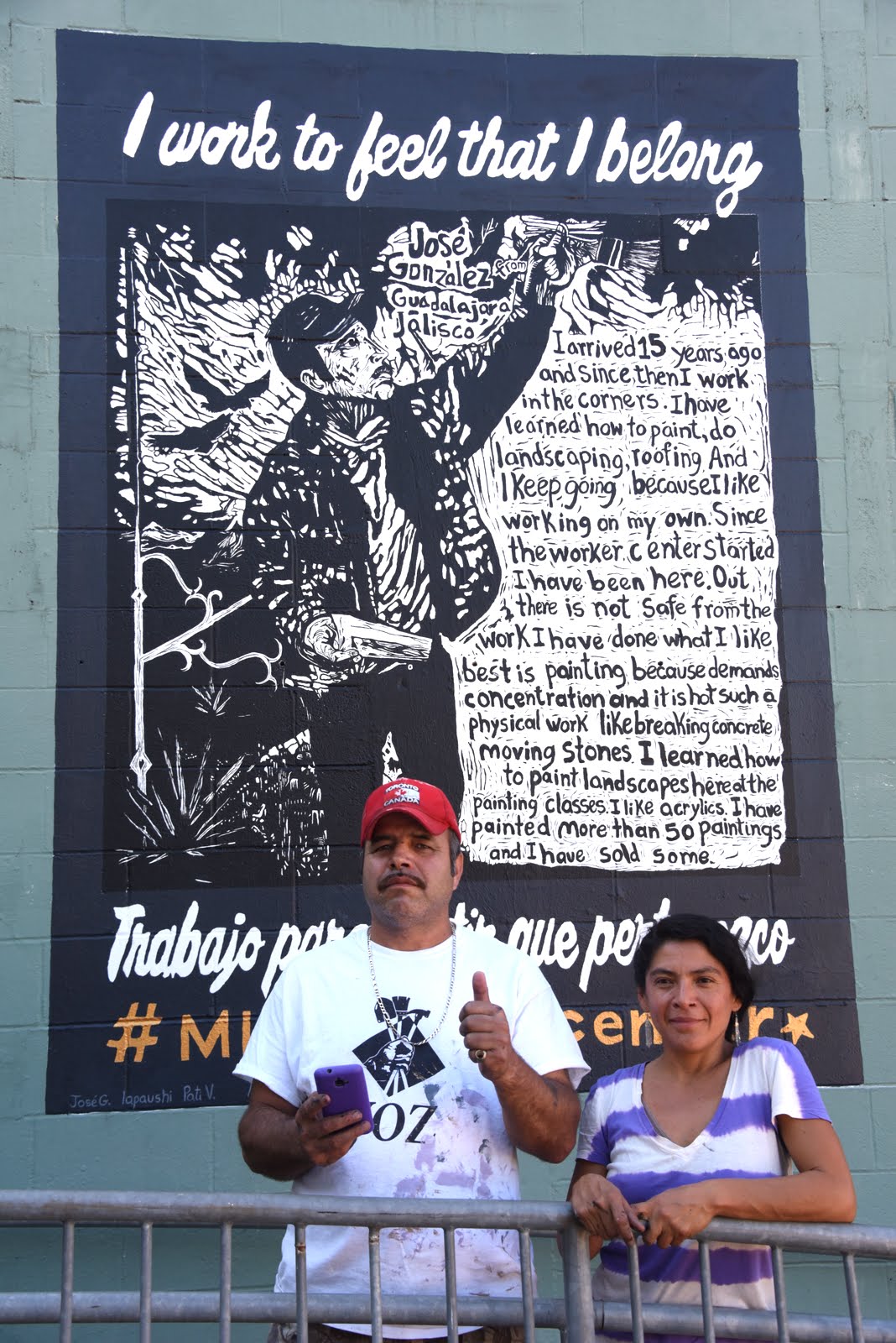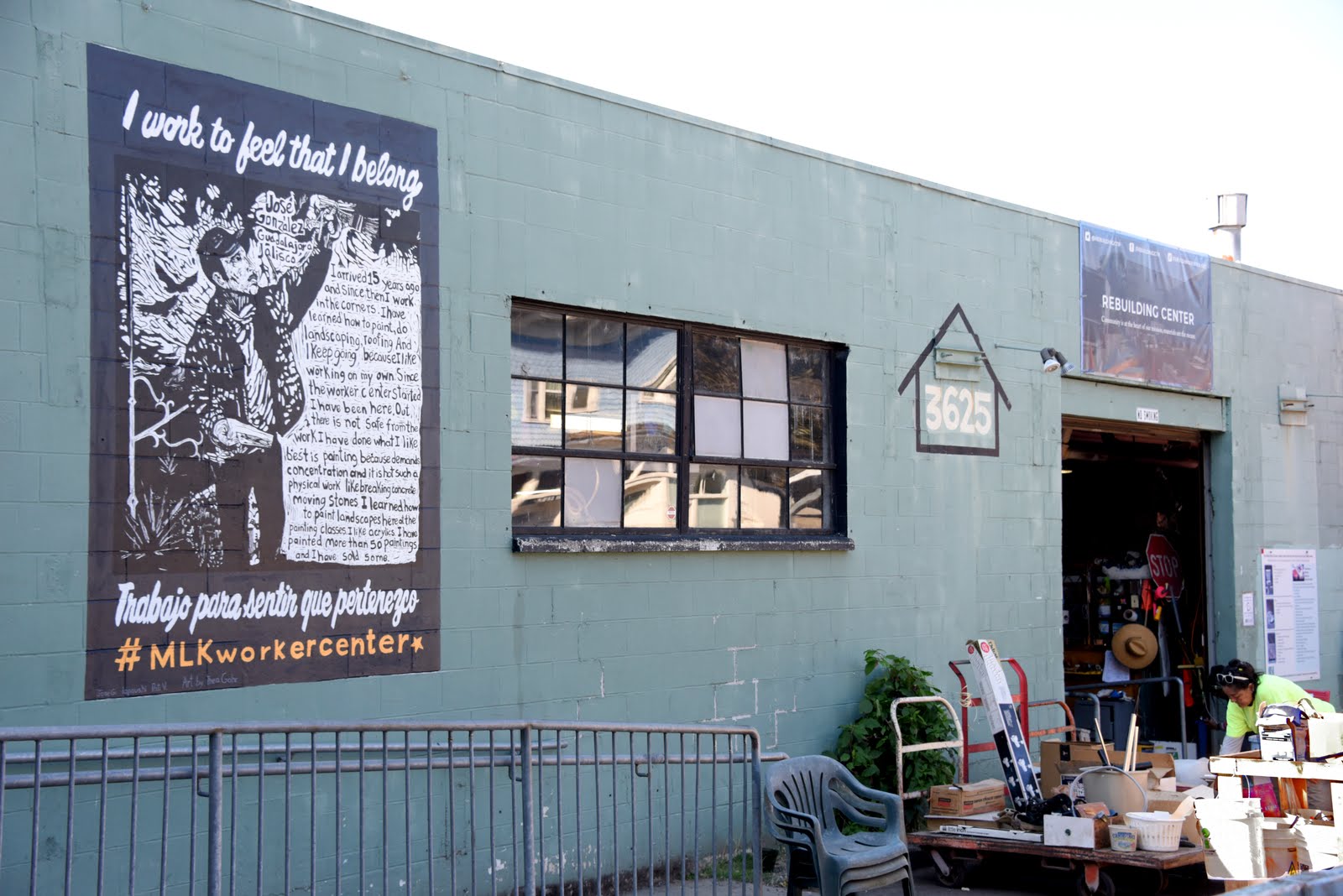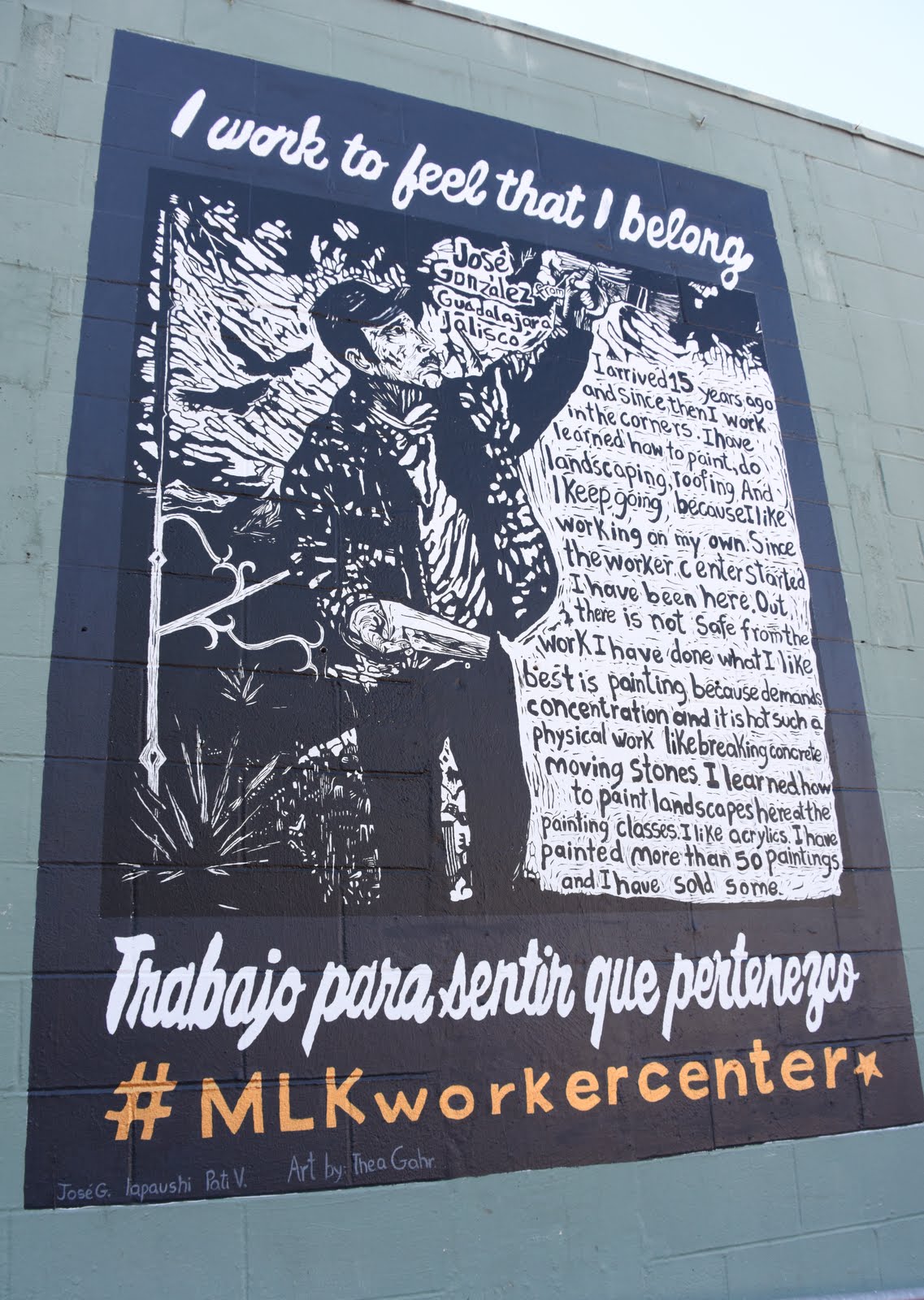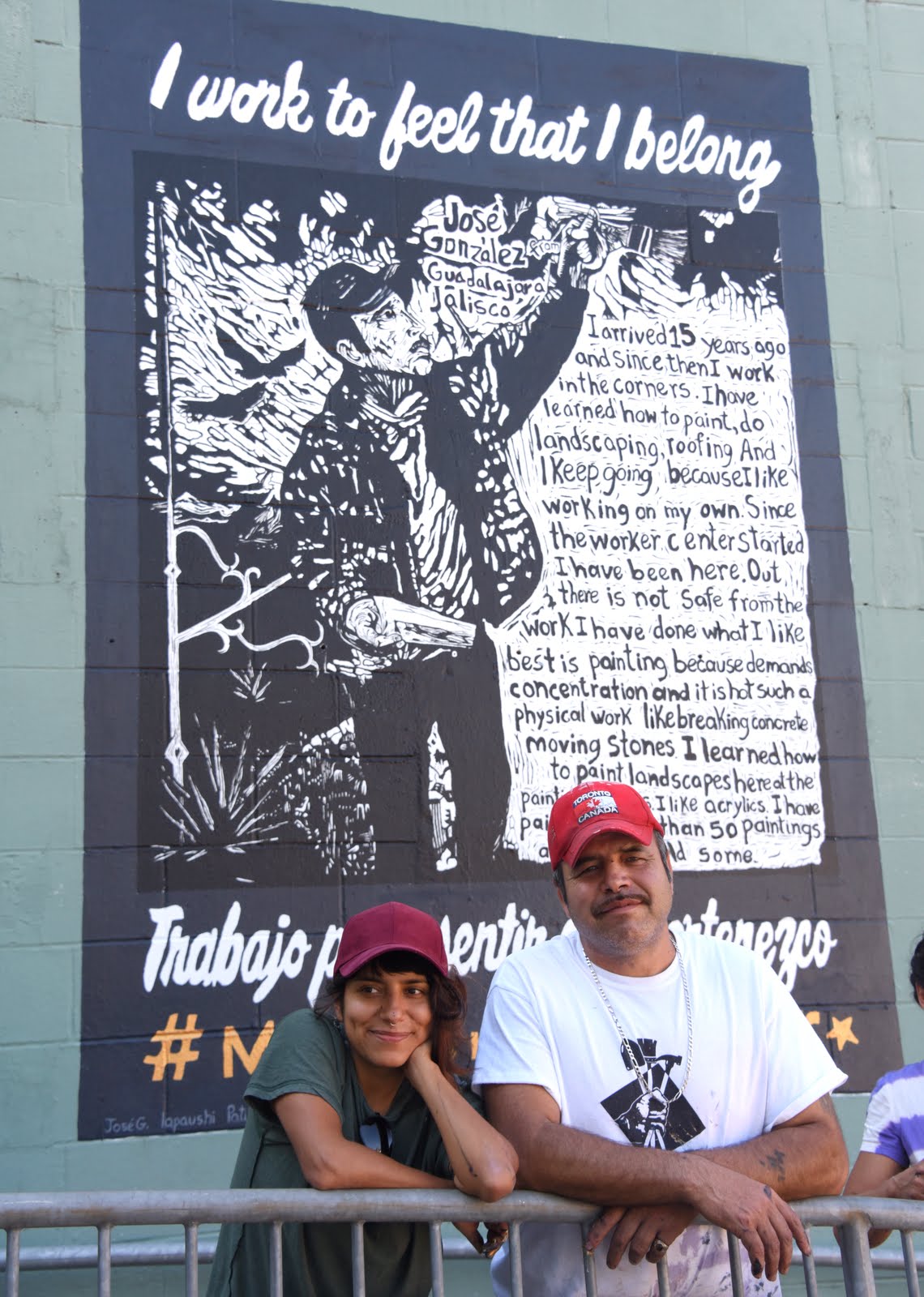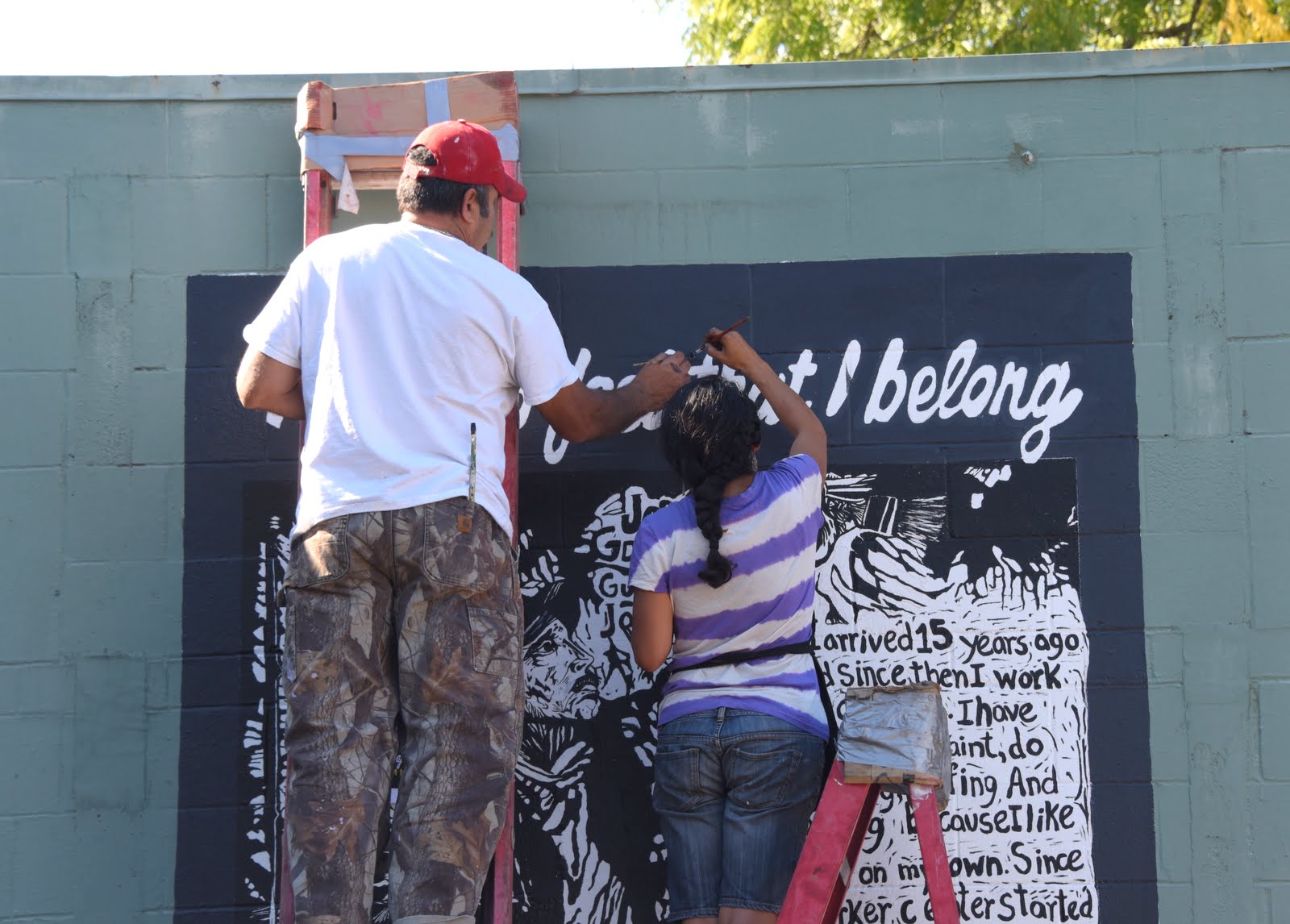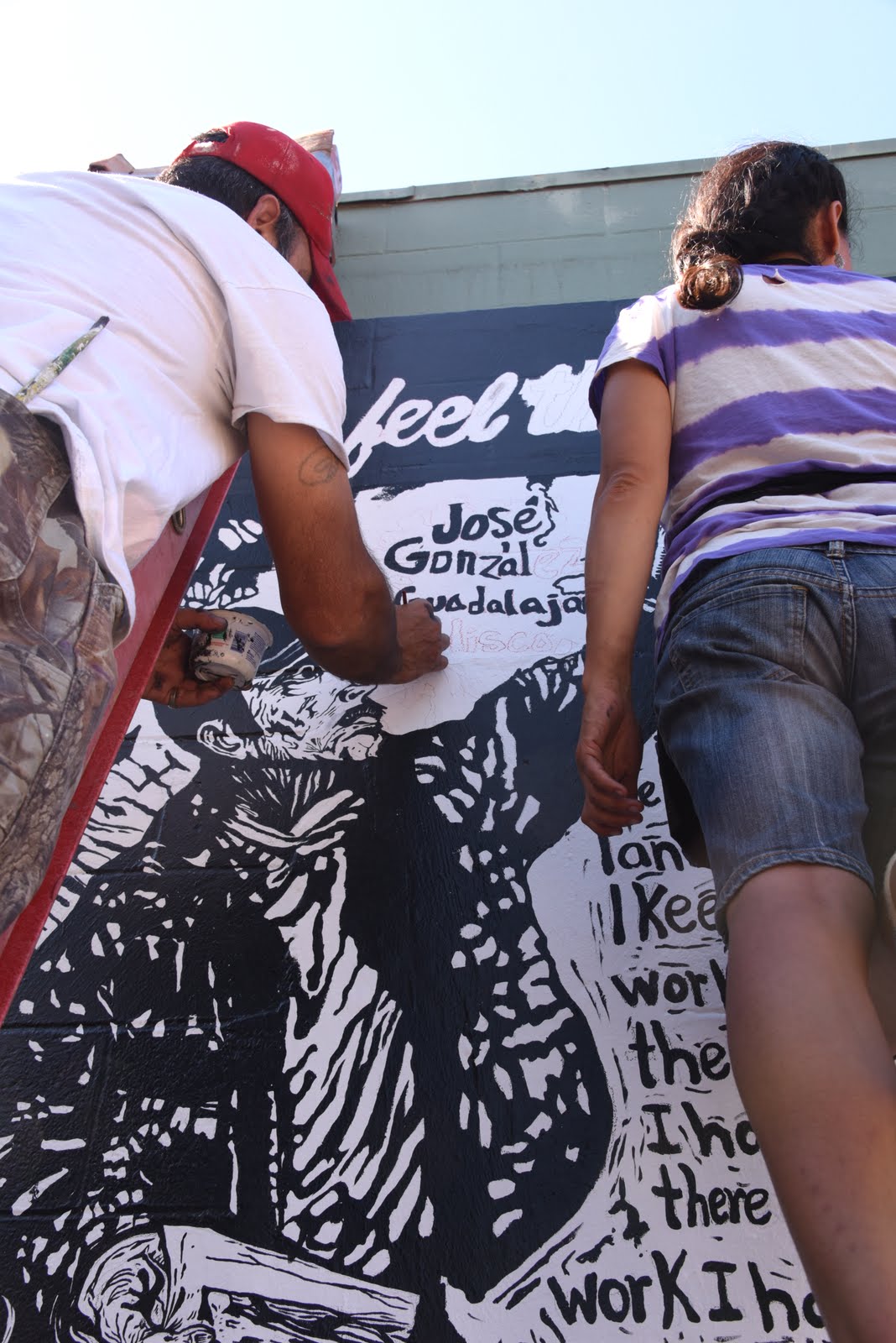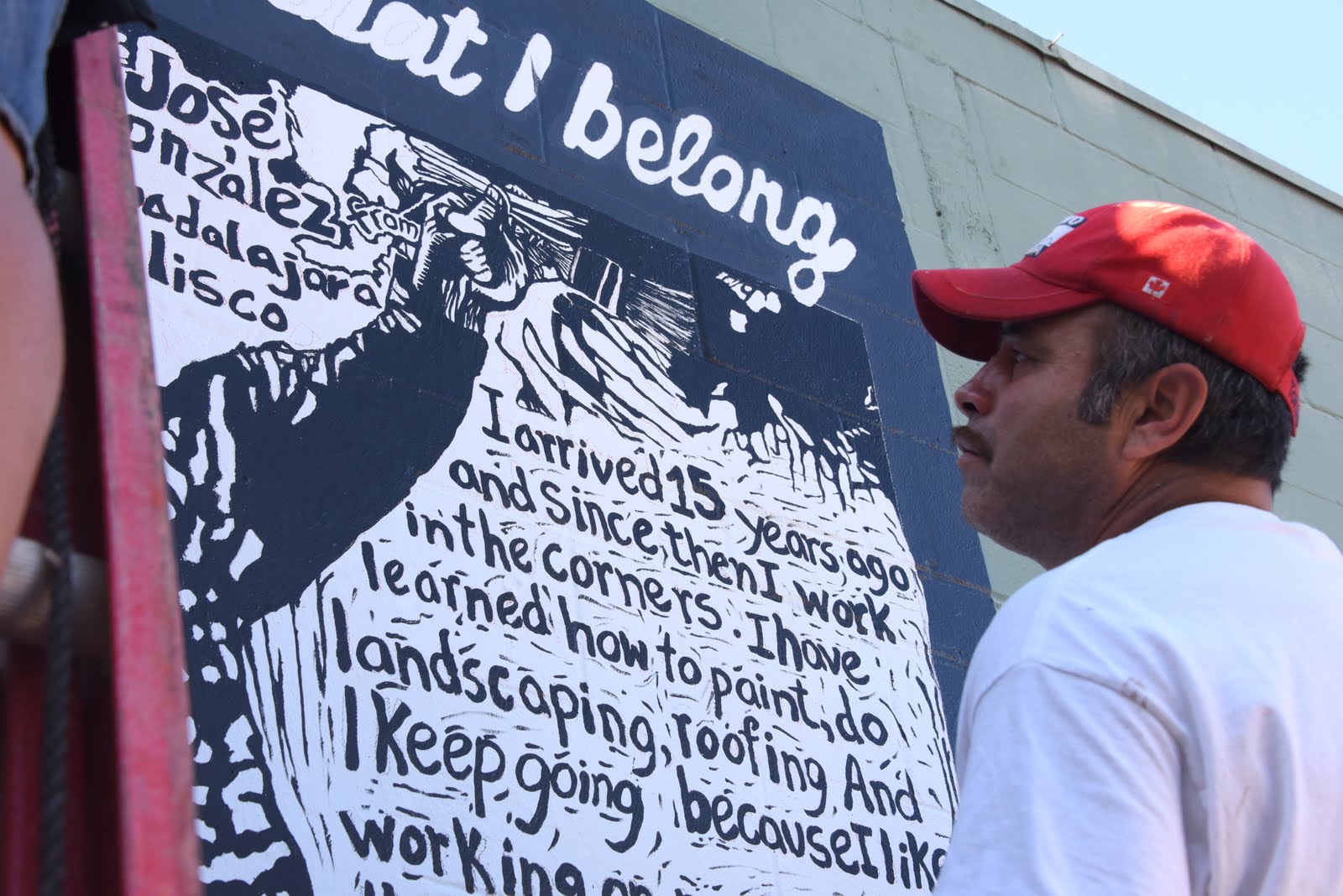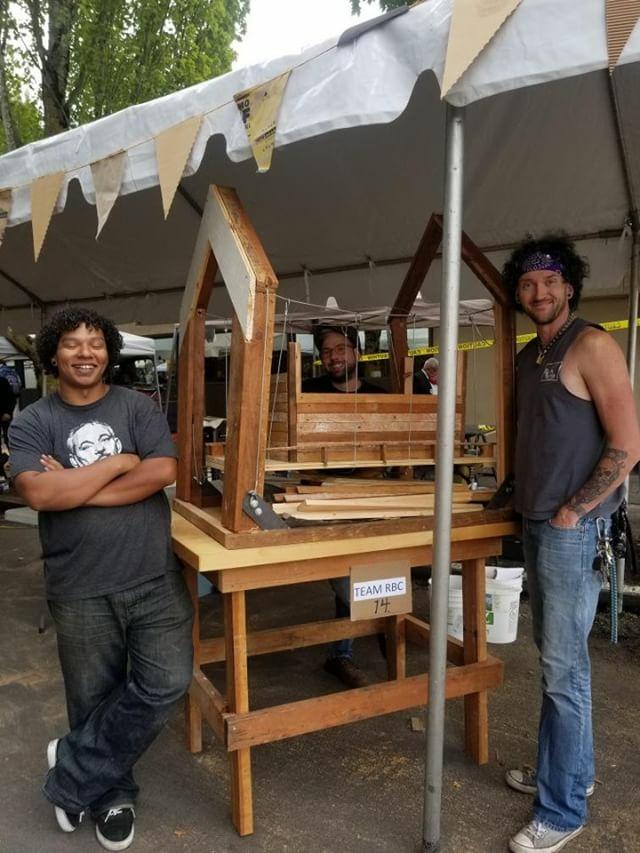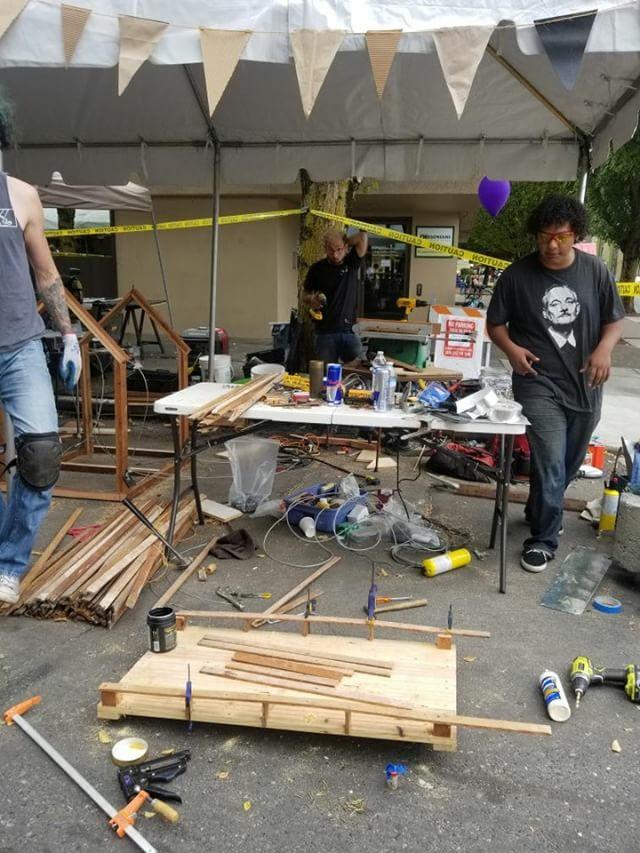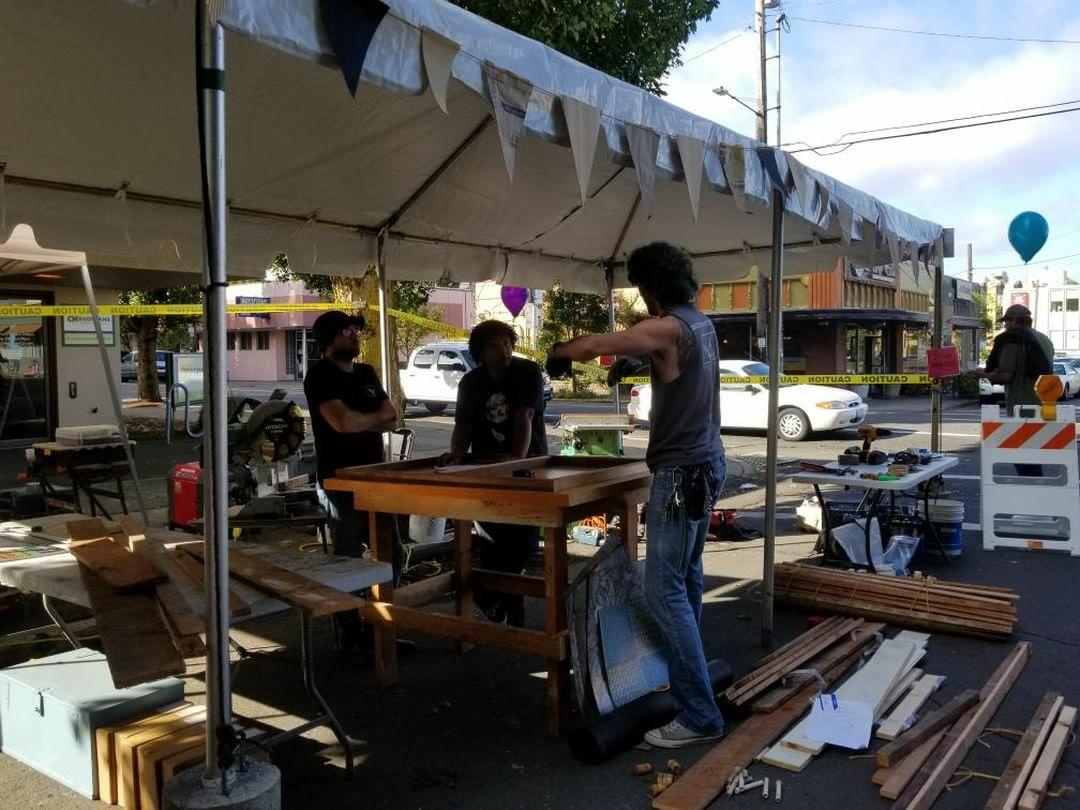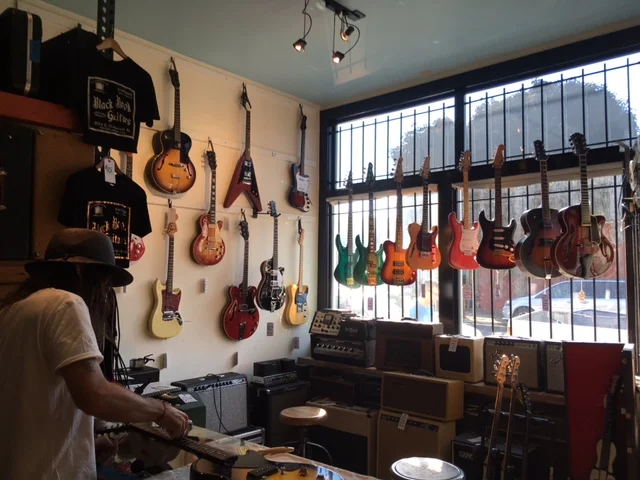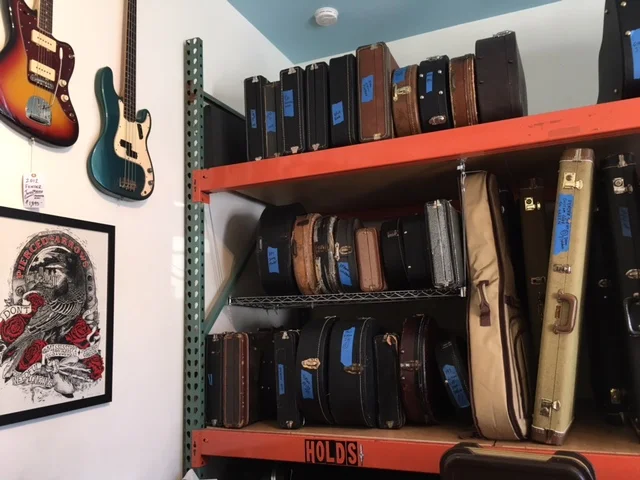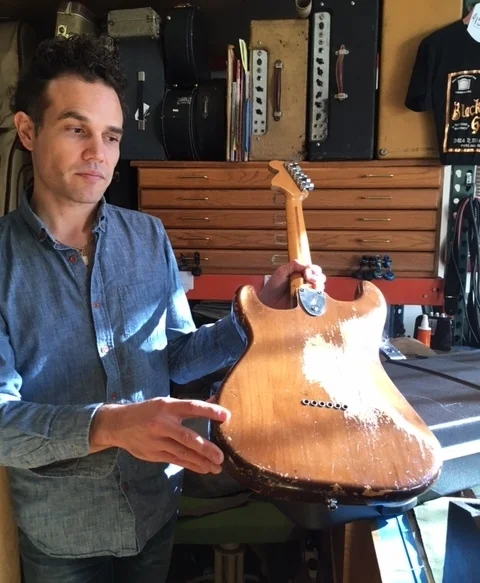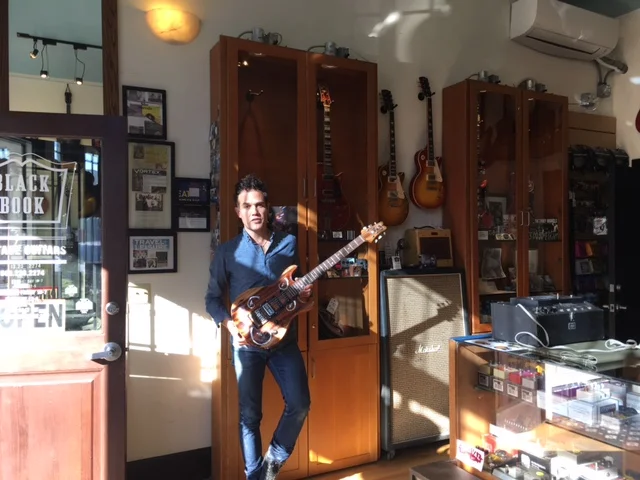If you spend enough time at the ReBuilding Center, you’ll start seeing familiar faces. There are seven to ten community members that I am aware of who come in almost daily just to socialize. Sure, they ask questions about materials, but like our tagline says: “materials are the means to help build community.”
I used to say to my wife, “I’ve always wondered what would happen if they all came in at the same time.” And this actually happened once! It was about five or six years ago, and several regulars all showed up and just started talking. I was surrounded. As the conversation picked up among this spontaneous community of like-minded individuals, I drifted away into the background.
Another one of our regulars is always trying to feed me. We were busy and the alley was kind of backed up, and I was helping load a guest in the front. As I grabbed a piece of plywood, he was standing right behind it. He surprised me and asked: “Would you like some chicken?” When I went back for the next load he popped up from behind again: “Do you like rice?” We have some of the best customers anywhere.
Little things happen, and it makes me feel like we’re doing something right. Someone will be looking for something that they haven’t been able to find for a long time, and it will show up out of the blue in the alley while we’re standing around talking about other resources. There’s still magic in this place. Stuff like that happens here all the time. It makes me hopeful, and I smile. People should smile more. I just do it because I’m lazy – it takes fewer muscles than frowning. If you can take a couple minutes out of your day to have some fun, why not?
Why am I still here? That’s a good question. I’ve worked here for over ten years now and here’s the answer that keeps coming to me: We’re not done yet.
We’re not done treating people the way they should be treated, and we’re not done finding more ways to have that practice spread out from here. When this place started, we talked a lot about living by example. Everything spreads word of mouth. Our books were open, and anyone could come and look at them to see how we started, and what it takes to keep going. The idea is still true: the only way to keep this thing going is to give it away. Giving one thing away for free each day to a guest who isn’t expecting it is just one simple example of that. I try to give something away – even just a small thing – and it can have a big impact. Sometimes the response is surprising, like they misheard me, or like I’m throwing some gimmick at them, or maybe I don’t really work here. Then their faces light up. I love that. This kind of change can seem slow sometimes, and I get impatient, thinking maybe there’s a faster way. But I remind myself, we did not build what’s here and make this mess in one day. It does work.
You can also tell we’re not done yet just looking around at all the waste in this country. There are still large cities that are just starting their recycling programs. In developing countries, they save as much as they can. I remember seeing Alfredo. He was staring with a glassy look in his eyes at our full dumpster. When I asked him if he was ok, he said: “In my country, you would be a king with this.” I think about that a lot.
I’d hate to see us get run out of the neighborhood. Change is happening here and I’d like to see us adapt and still play a role. And honestly, I don’t think our roll has changed much in this community. I think we’re still relevant here. Even the rats are showing up more.
Money shouldn’t – and it doesn’t – really drive us. I’m not here for the money. I’m just grateful that I can continue on. What really matters in life? Your family. Your friends. How we treat each other. If you only have 24 hours to live, you’re not going to spend it gambling in a casino. You’re going to spend it with your family and friends around you.
The crew that we have now is exceptional. These are good people here and I’m honored to be working with them. Some of us have our limitations, others pick up the slack. No one complains. We just help each other. In the middle of the day I don’t think about it, but when I get home and reflect, I’m amazed at what we’ve built here. Everyone has their idea of their fantasy workplace, where there’s respect, where everyone gets along, and where it feels like a family.
Why am I still here? Because here we’ve actually created it.



